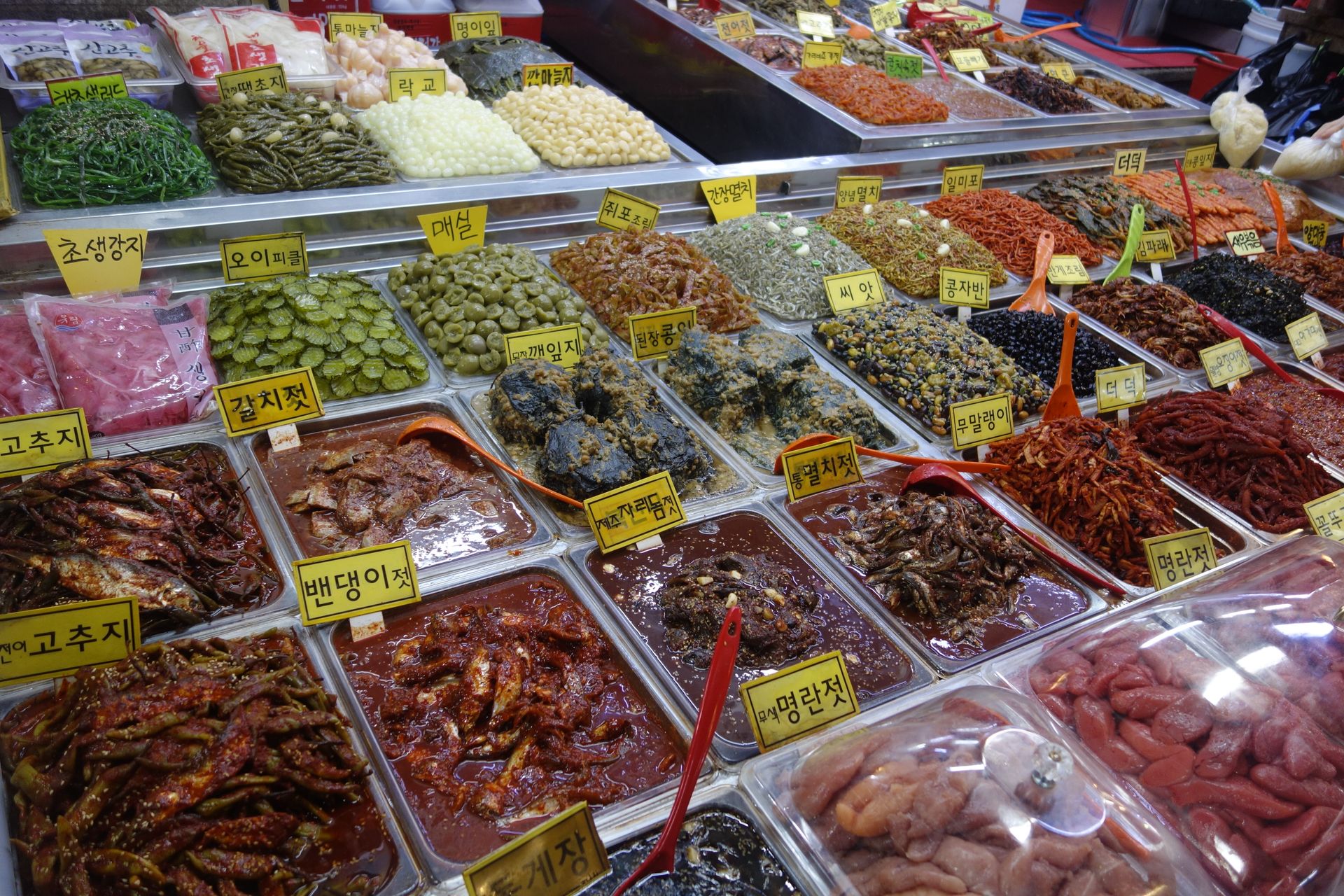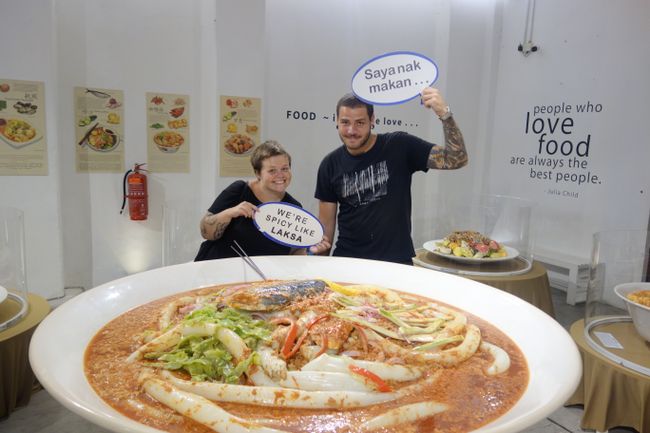06.02.20 - 10.02.20 Rantepao/ Toraja
प्रकाशित: 11.02.2020
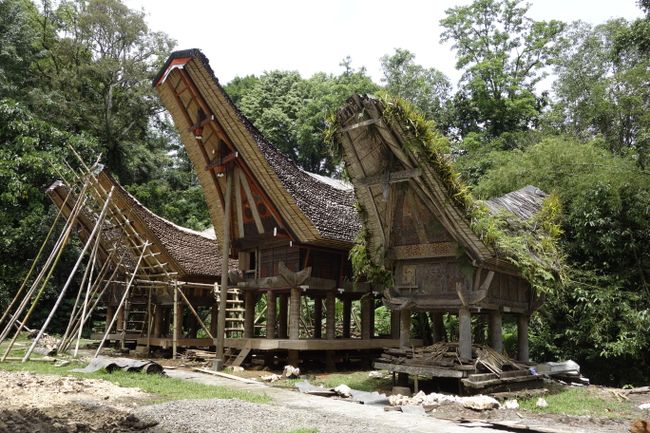
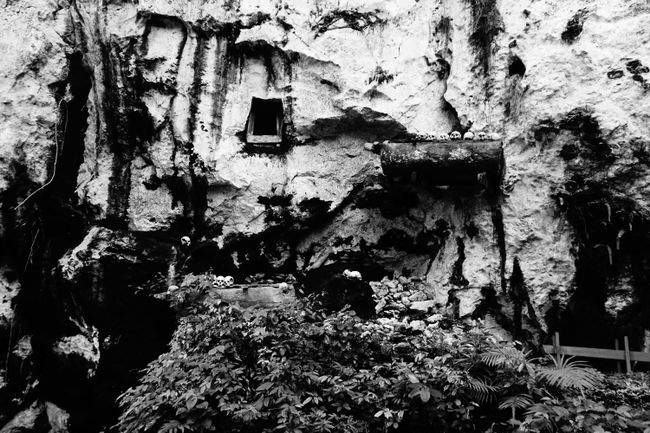
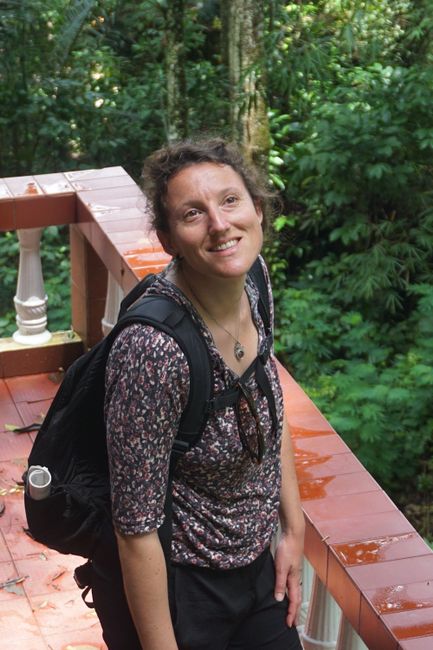
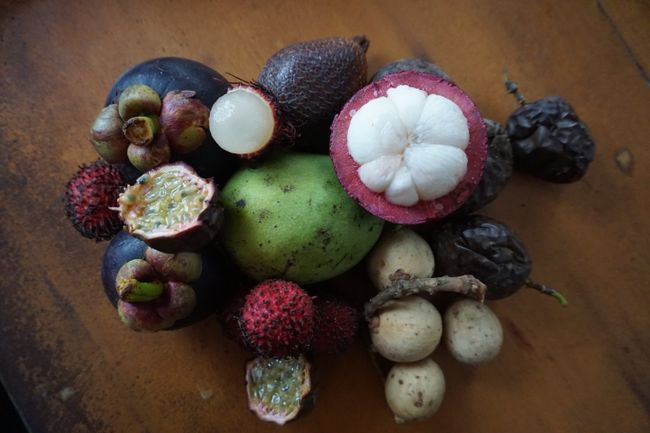
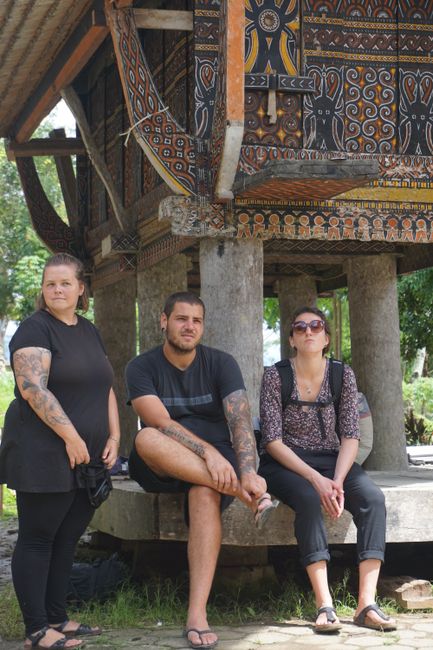
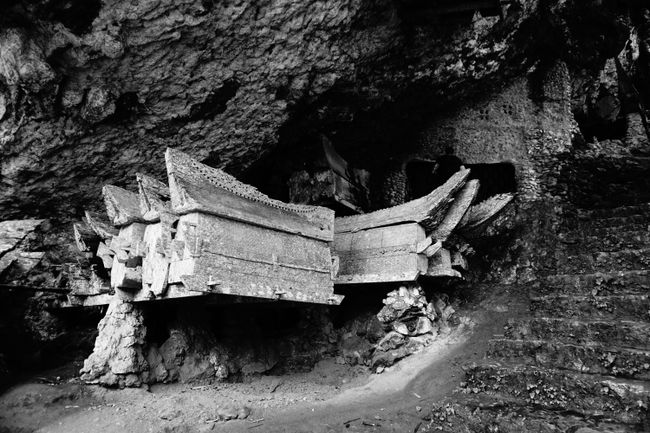
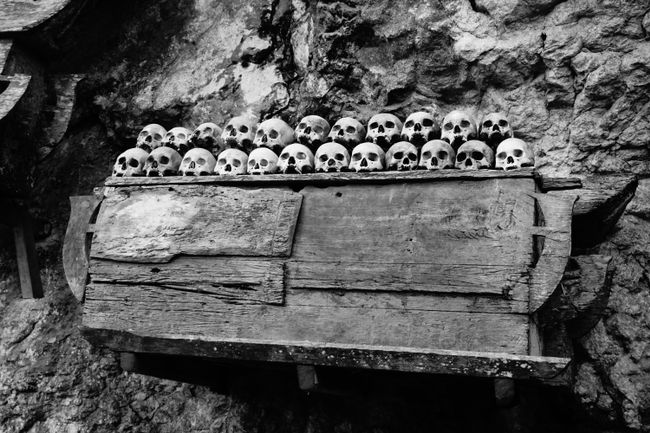
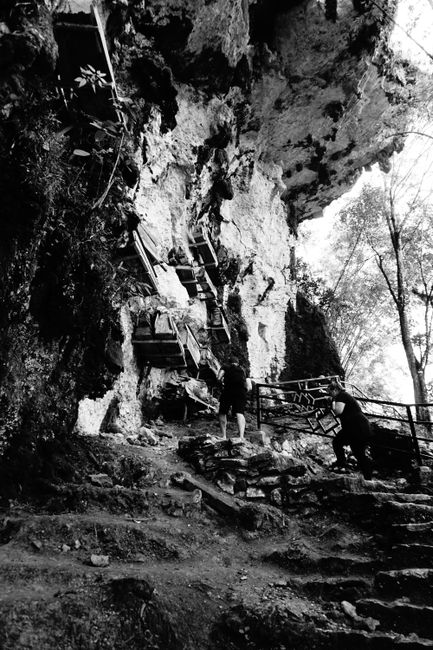
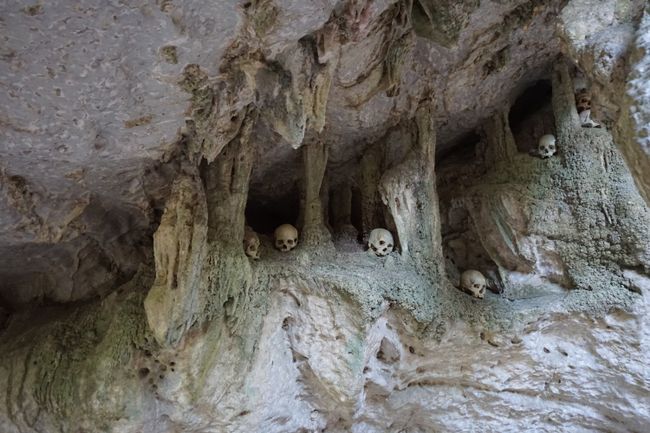
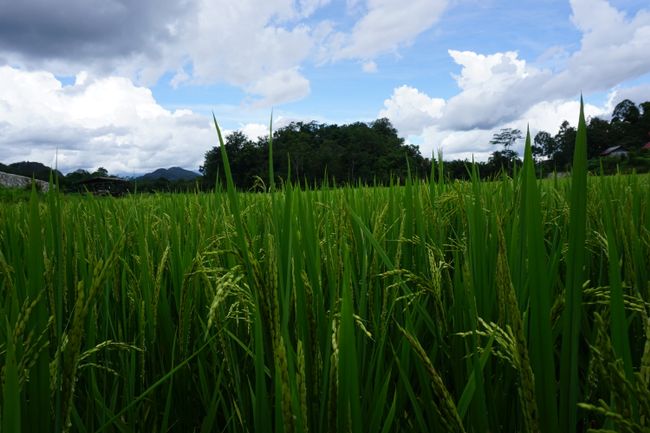
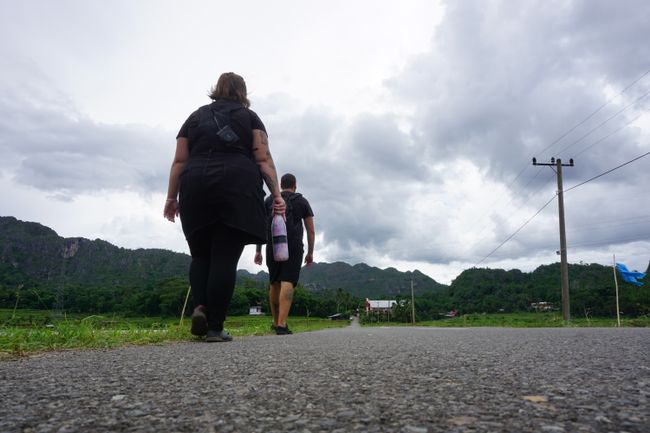
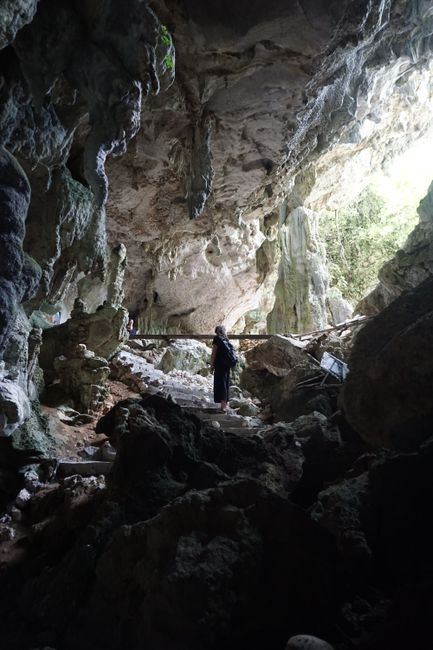
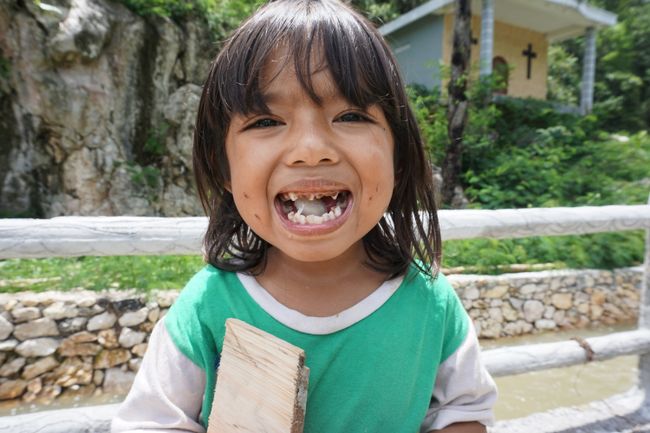
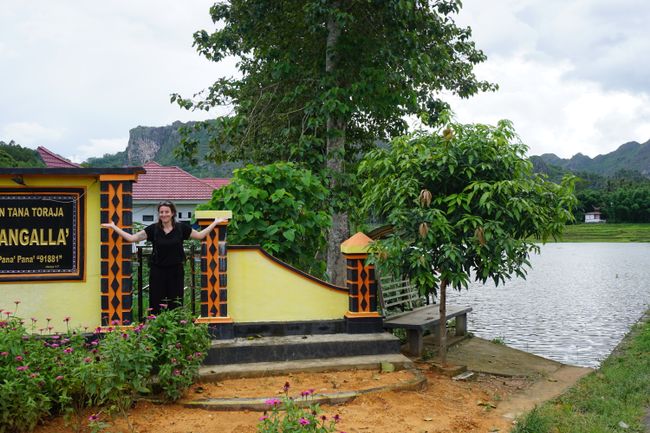
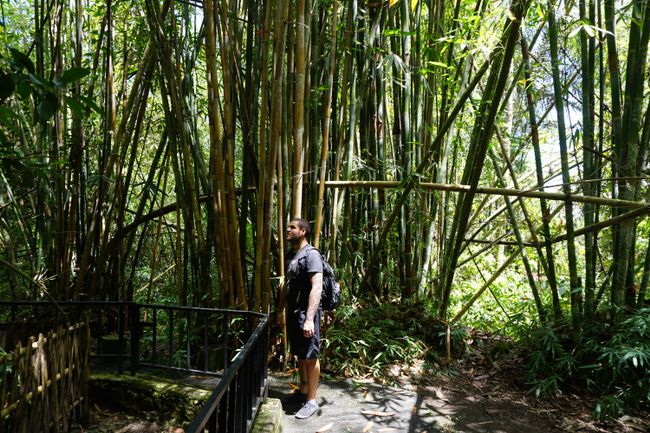
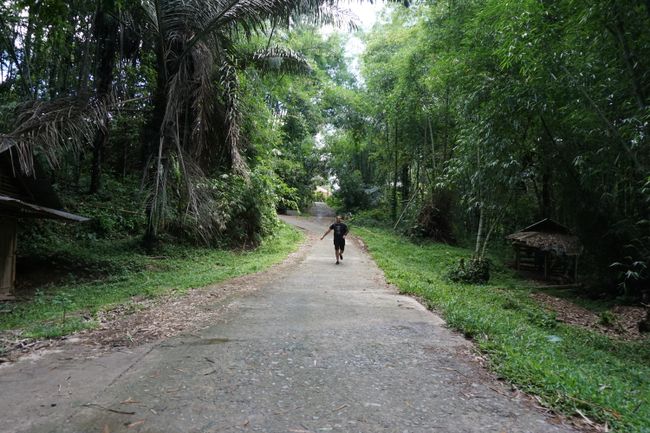
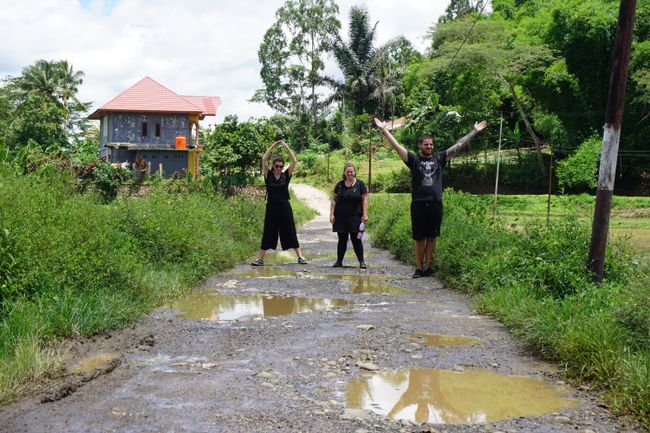
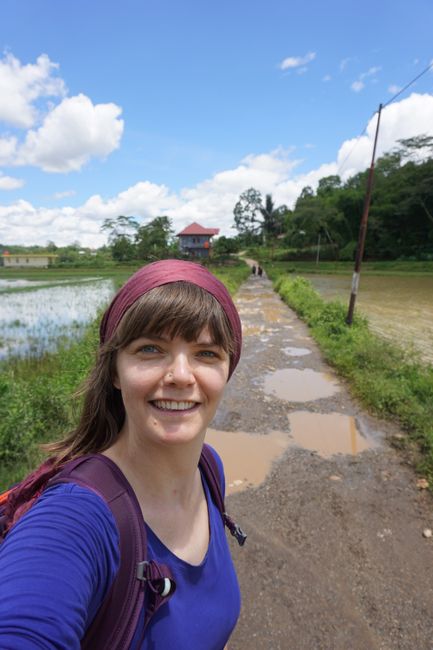
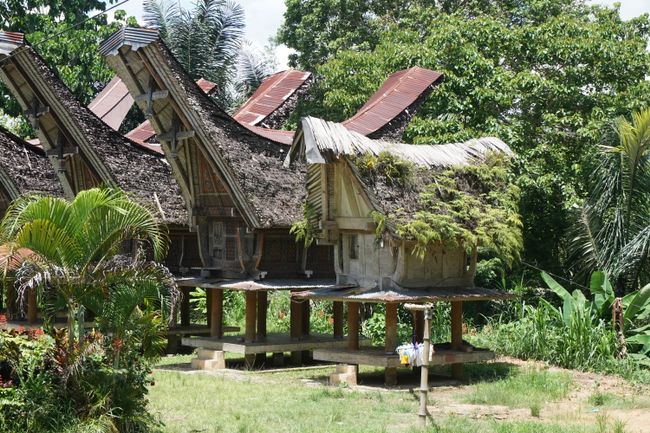
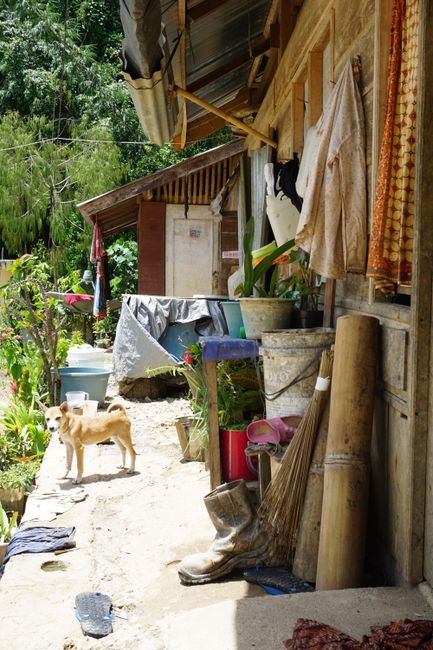
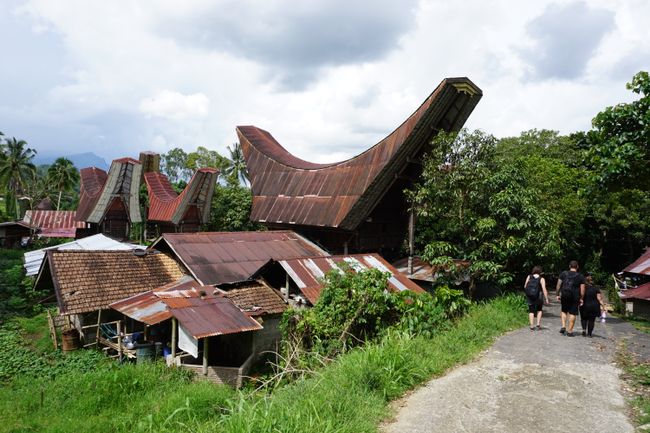
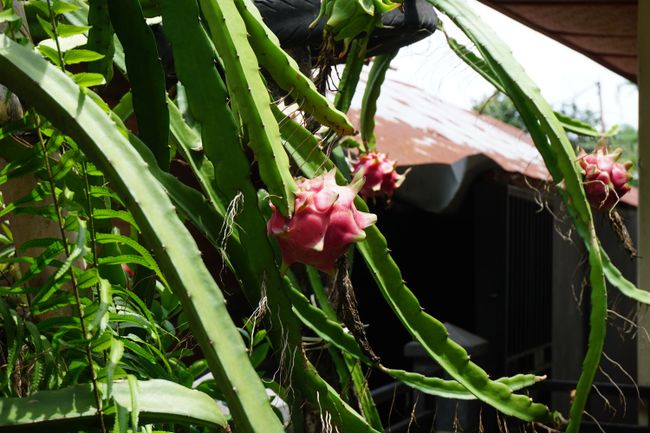
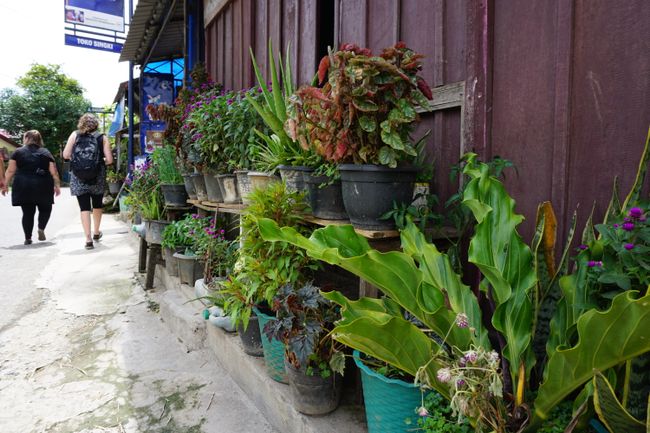
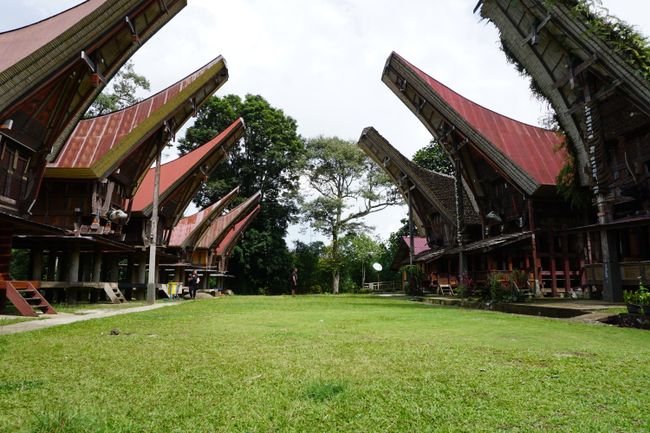
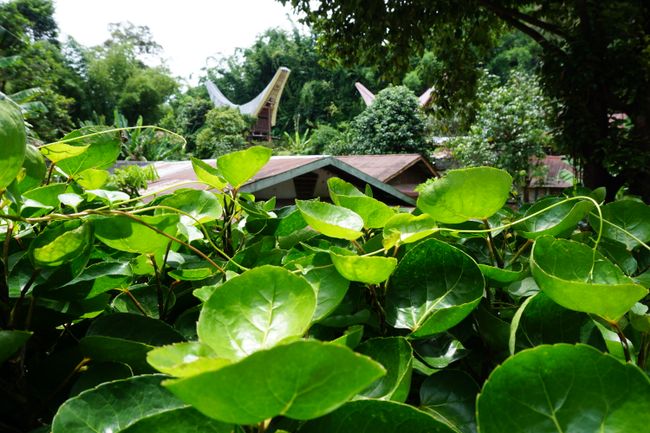
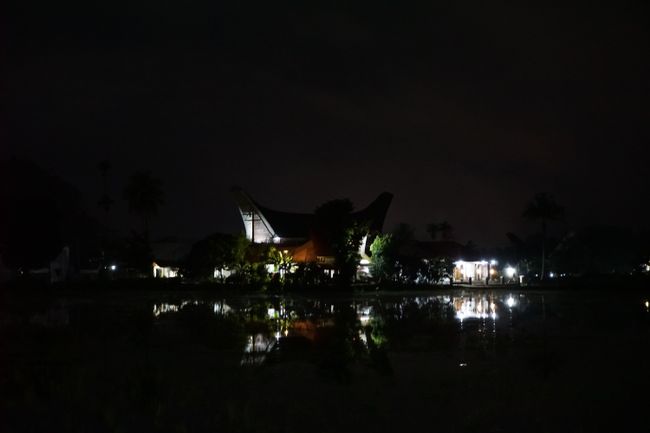
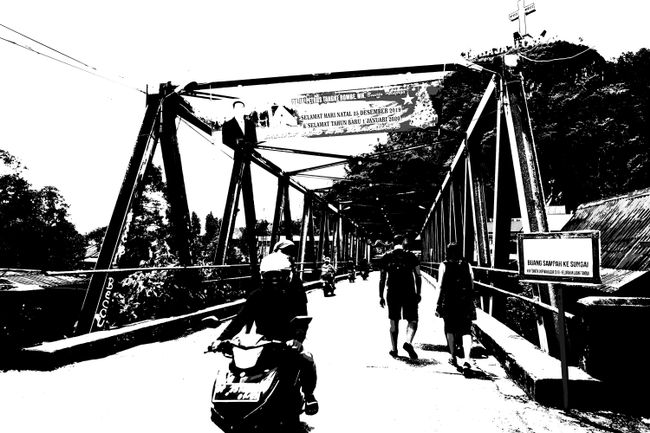
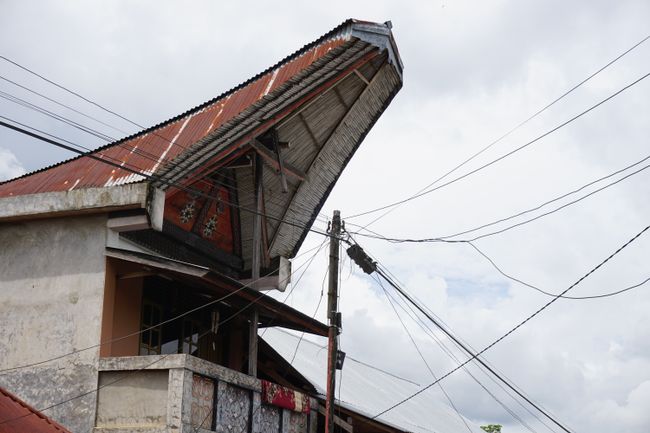
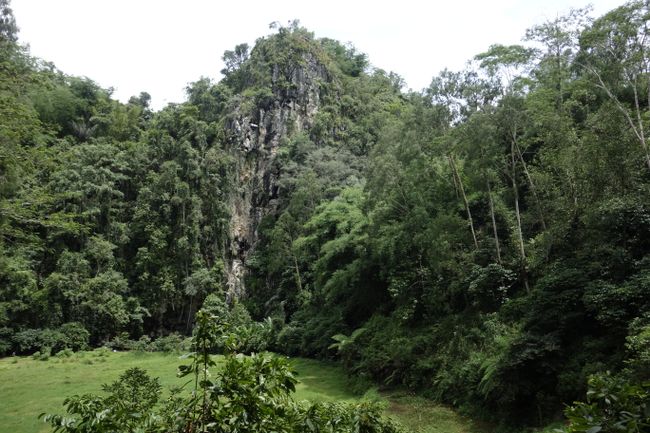
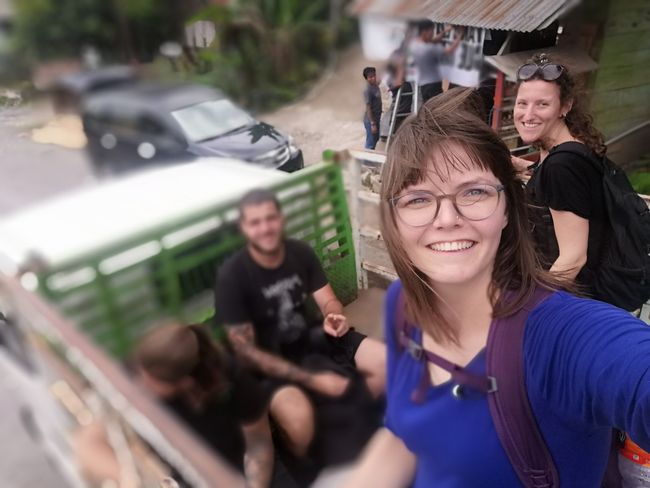
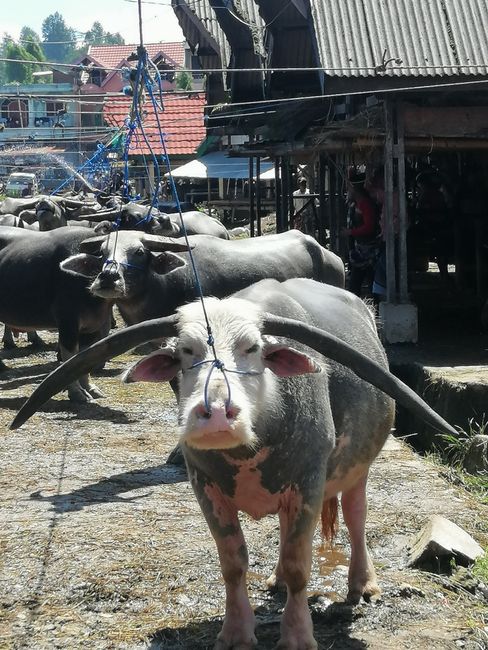
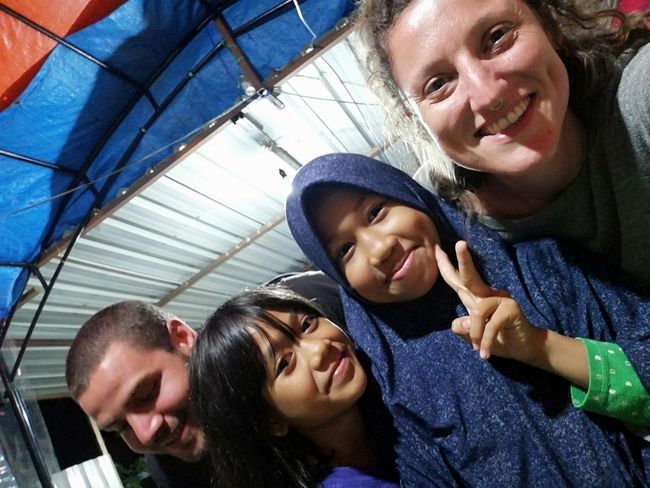
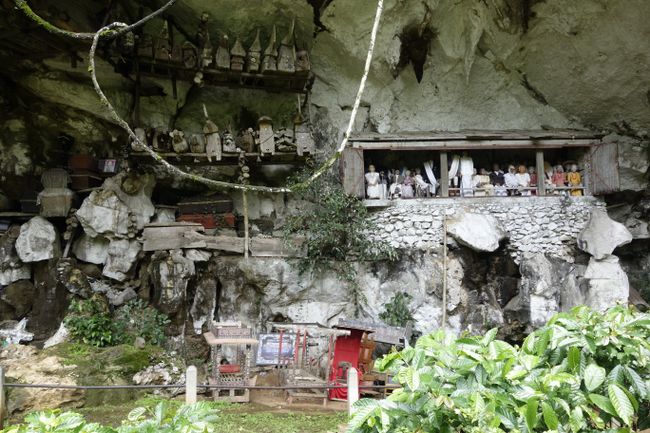
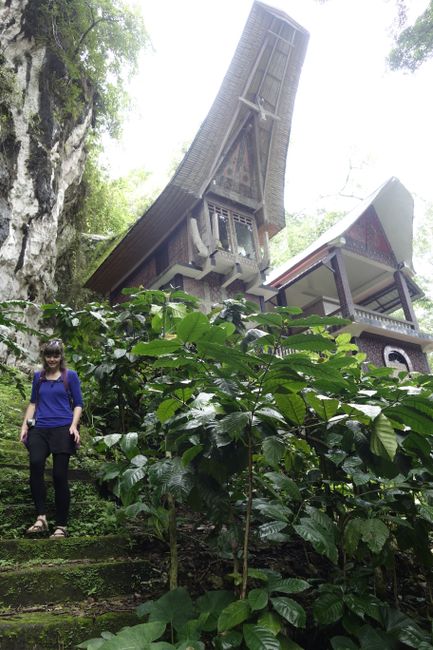
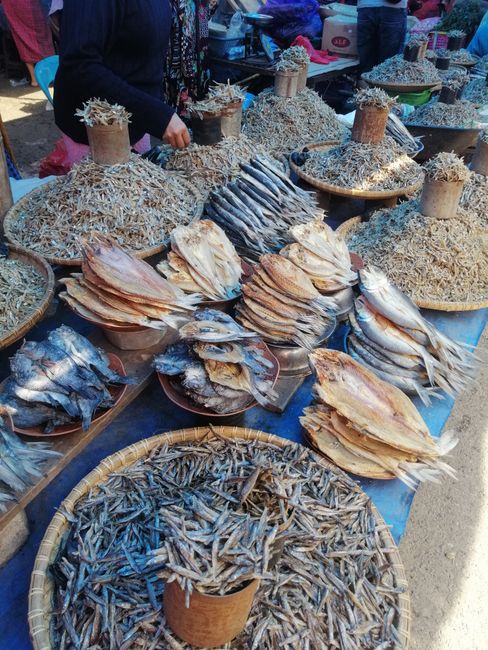
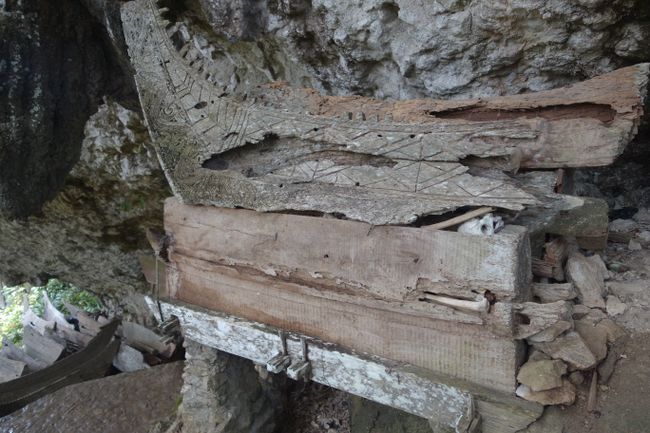
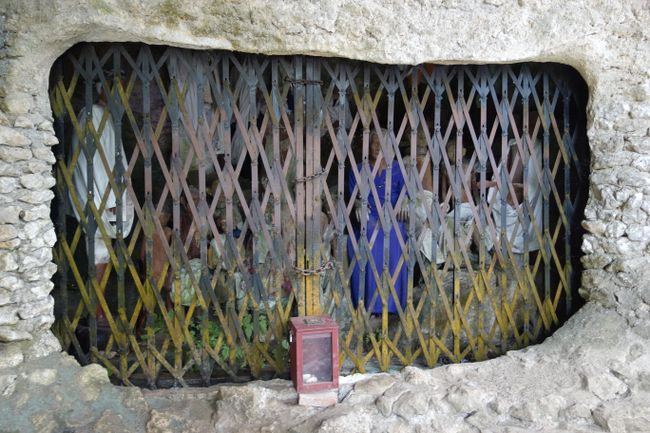
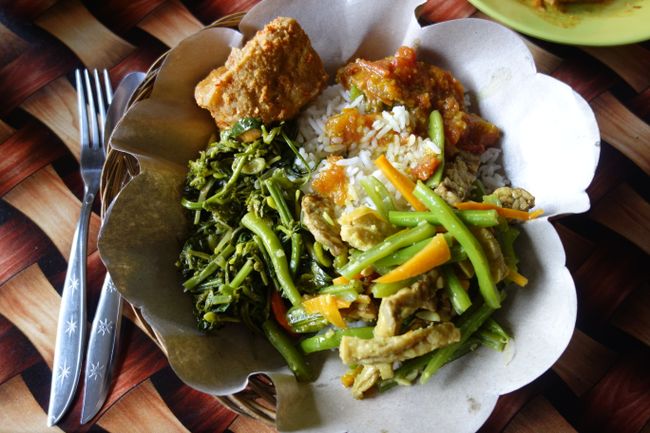
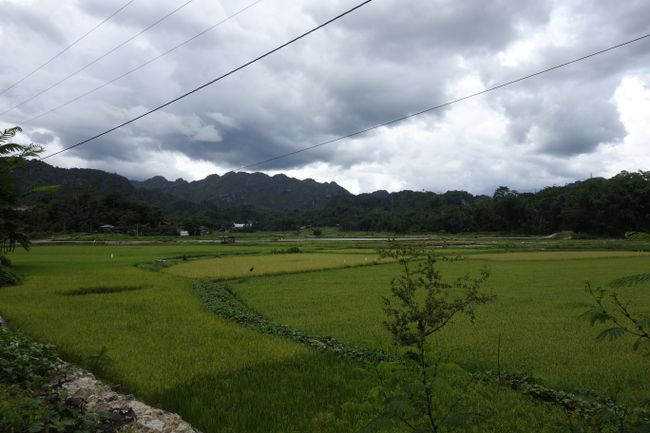
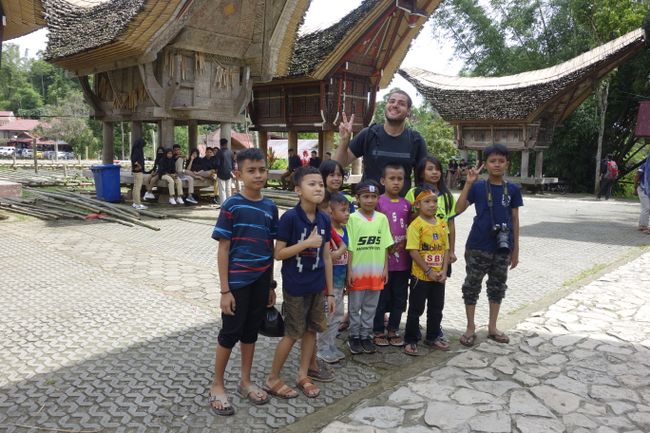
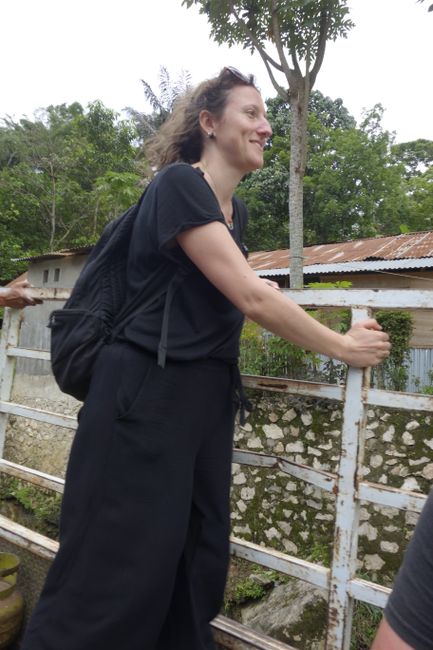
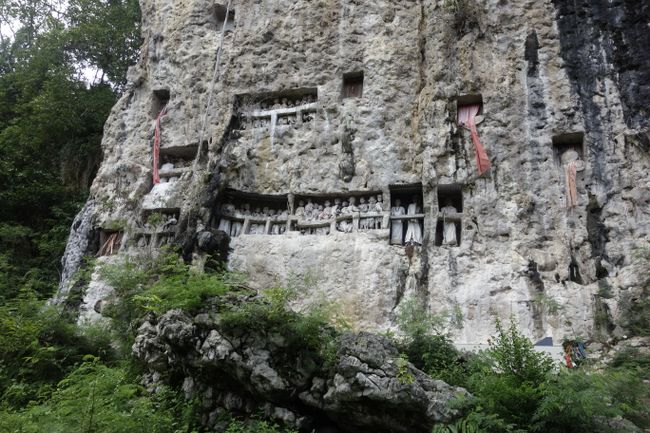
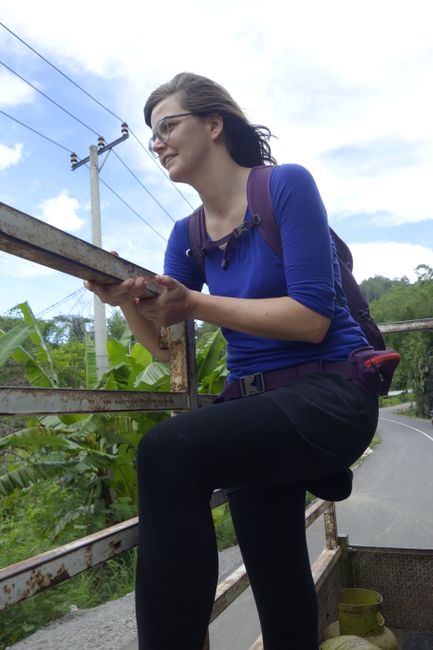
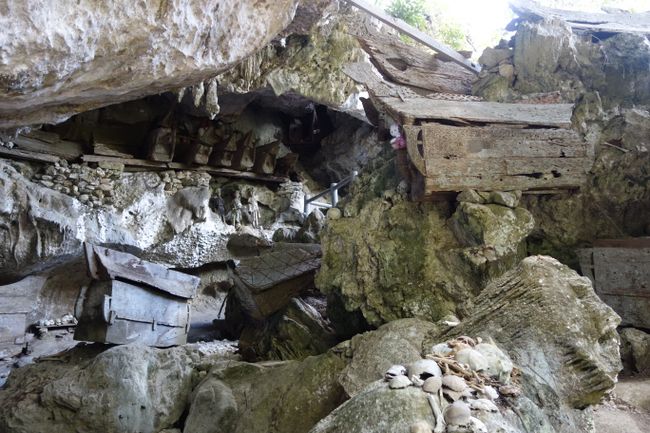
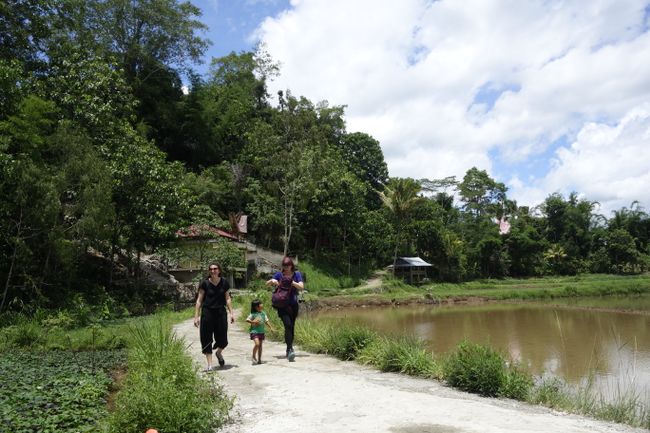
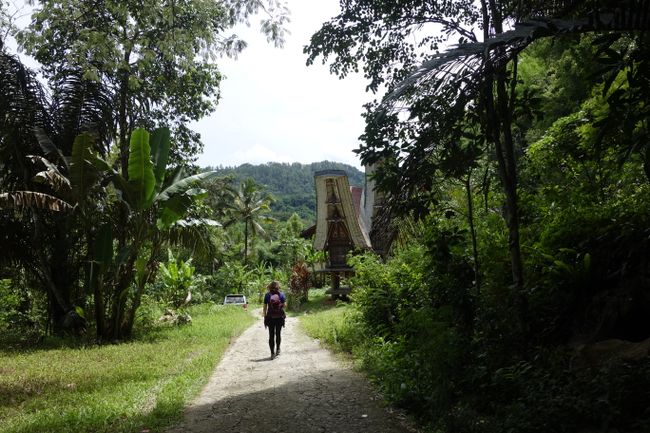
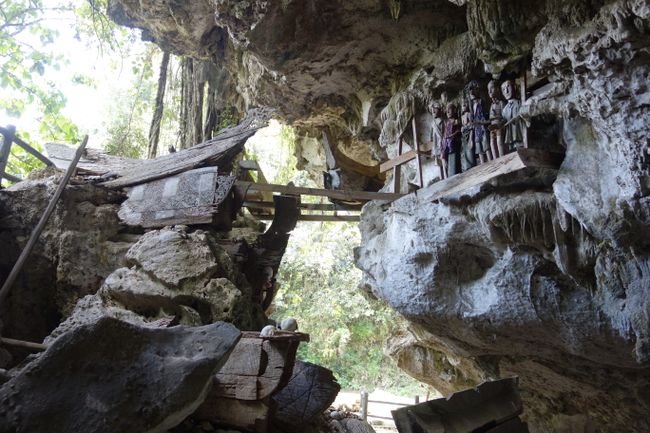
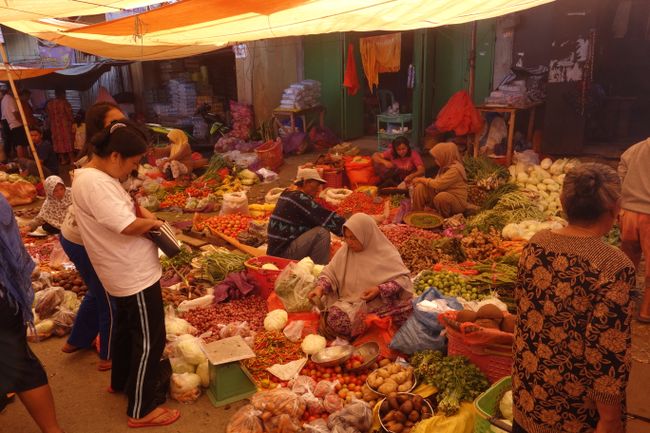
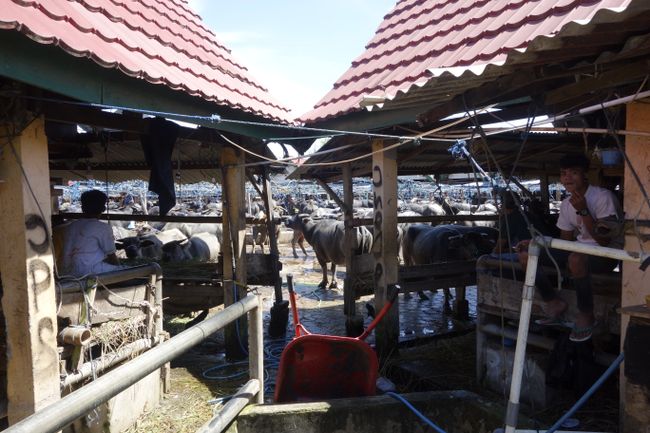
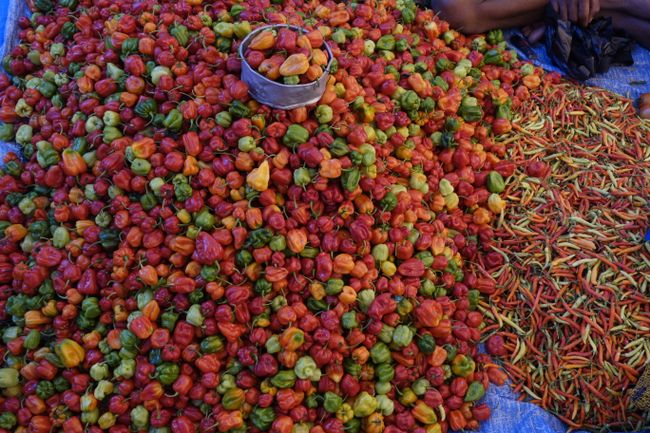
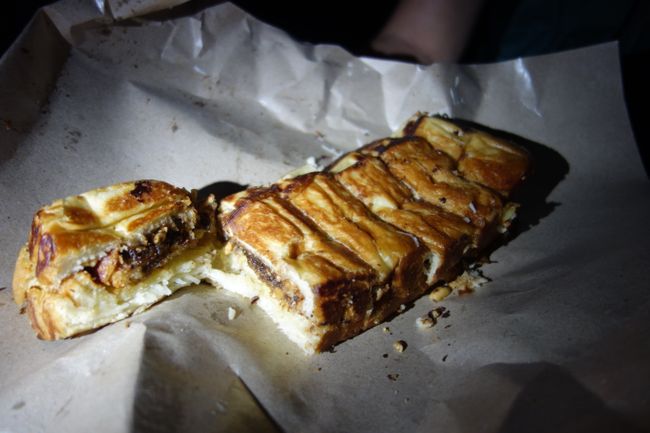
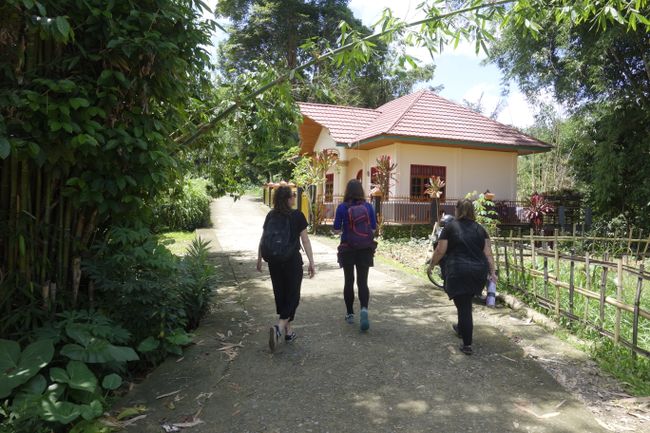
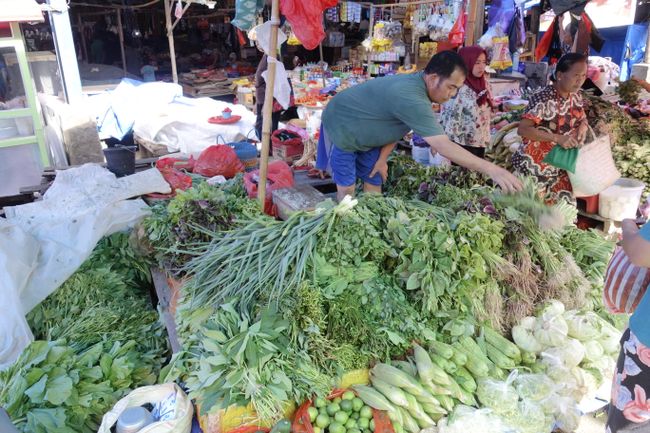
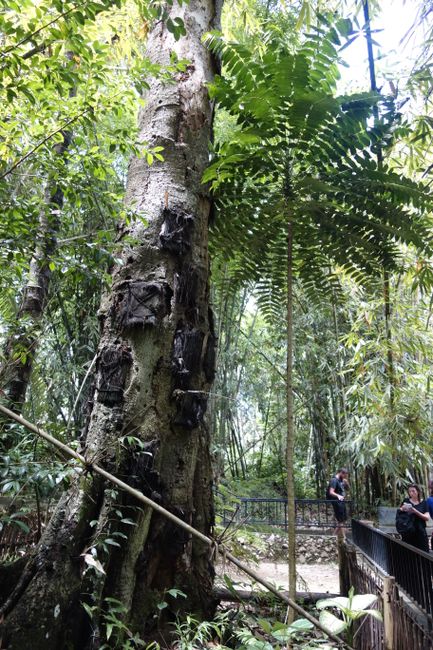
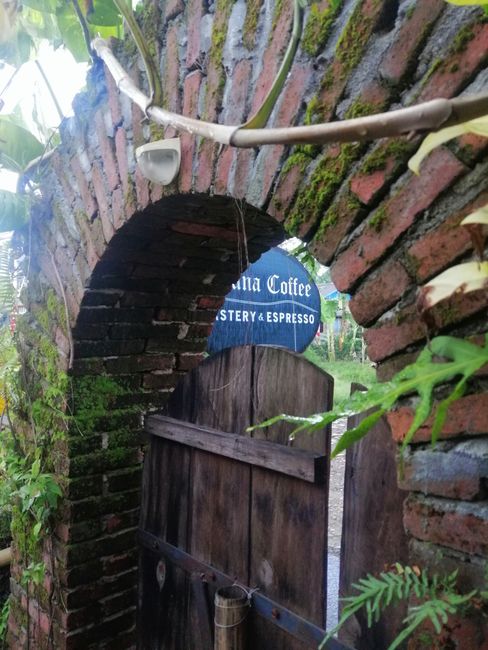
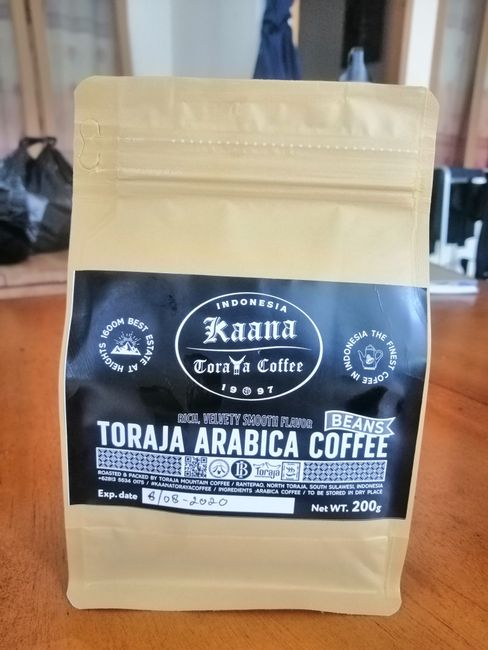
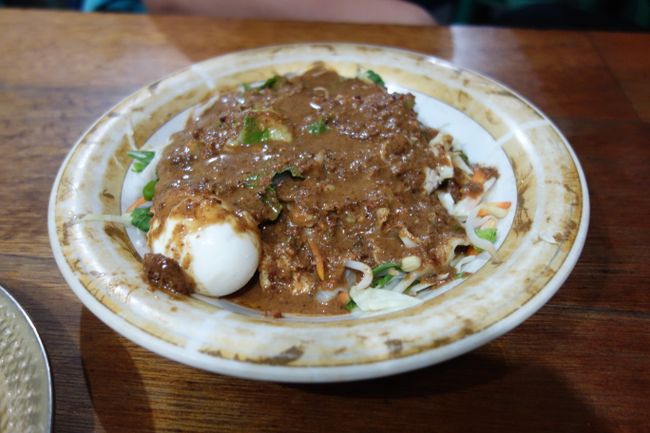
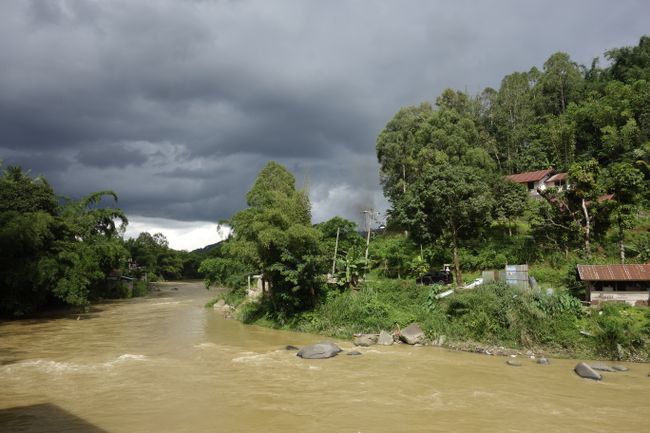
समाचार पत्रिका के लिए सदस्यता लें
Guest post by Julie
Selamat Pagi Makassar... Selamat Malam Rantepao/ Toraja Tana! After we arrived in the big city and had our first encounters with the tropical nature and cuisine, we took the bus from Makassar to Rantepao. The bus was equipped with comfortable seats, allowing us to have a very comfortable journey. The landscapes passed by; a break by the sea, with freshly grilled Ikan (fish), and steep curves that led us into the highlands of Sulawesi.

Rantepao revealed itself as a tropical highland, surrounded by mountains and rice fields, allowing us to dive deep into the culture of this diverse island. The landscape is characterized by the unique architecture of the Tongkonan houses. The houses are traditional ancestral houses that symbolize the identity of the Toraja people on the island and impressed us during our hikes.
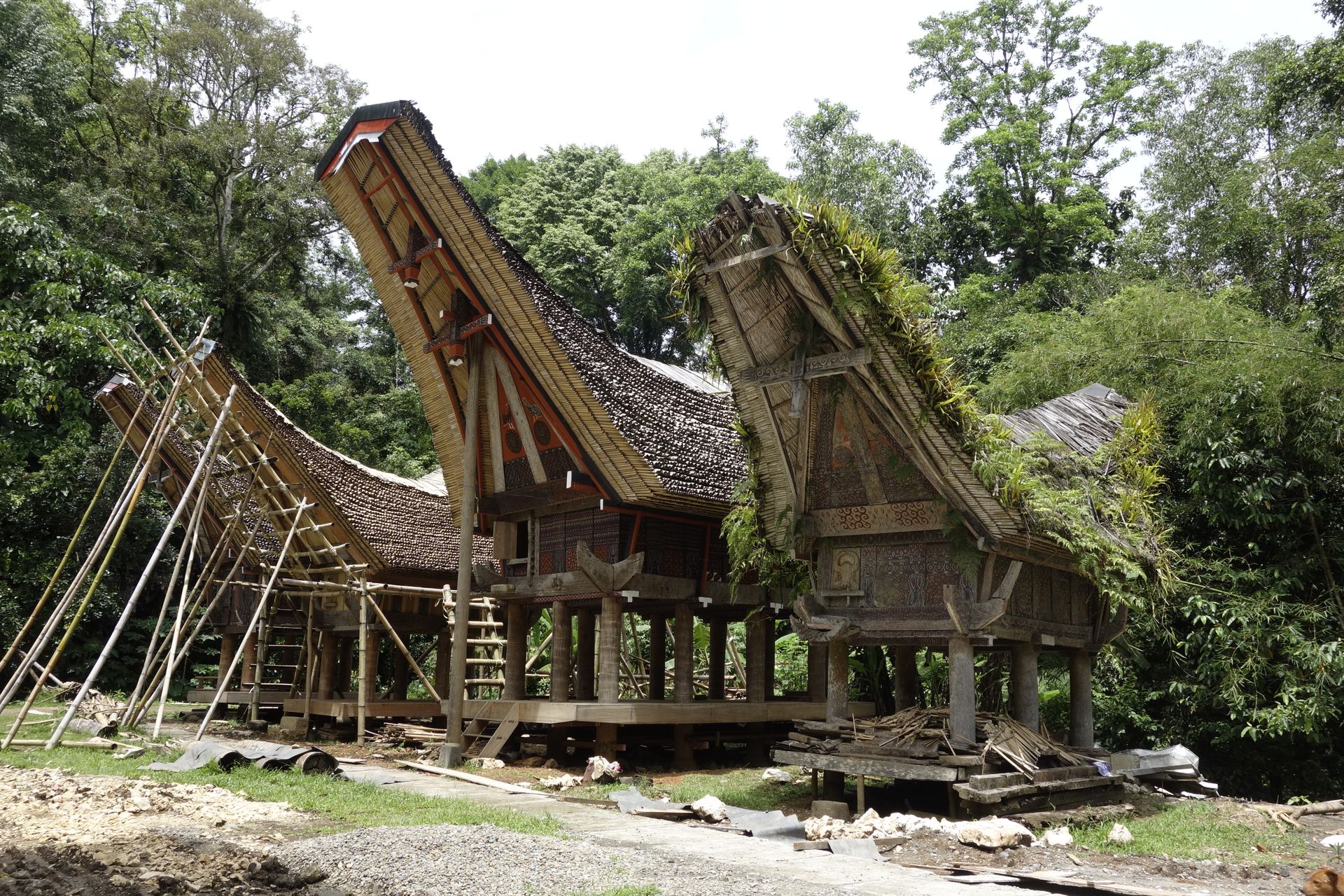
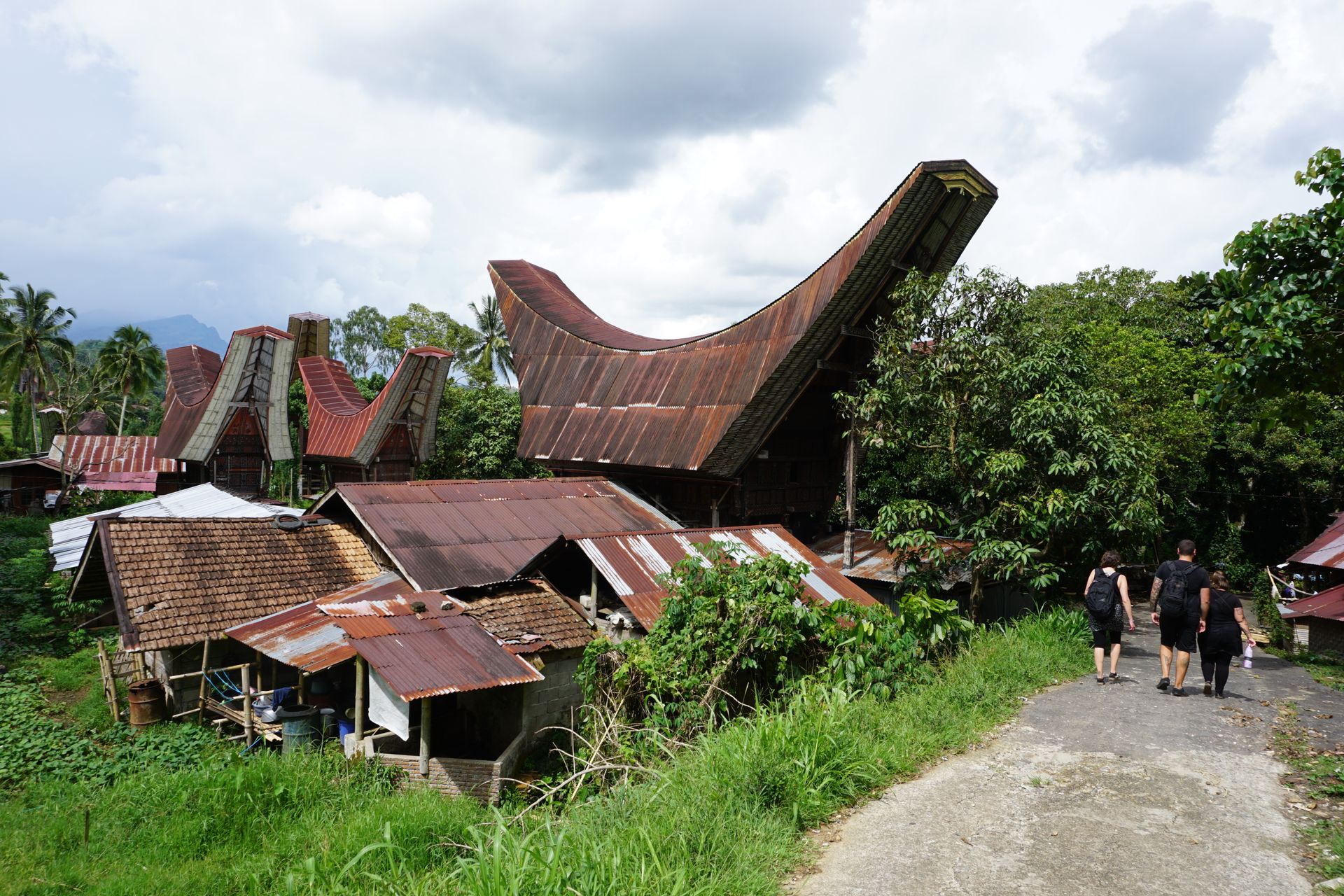
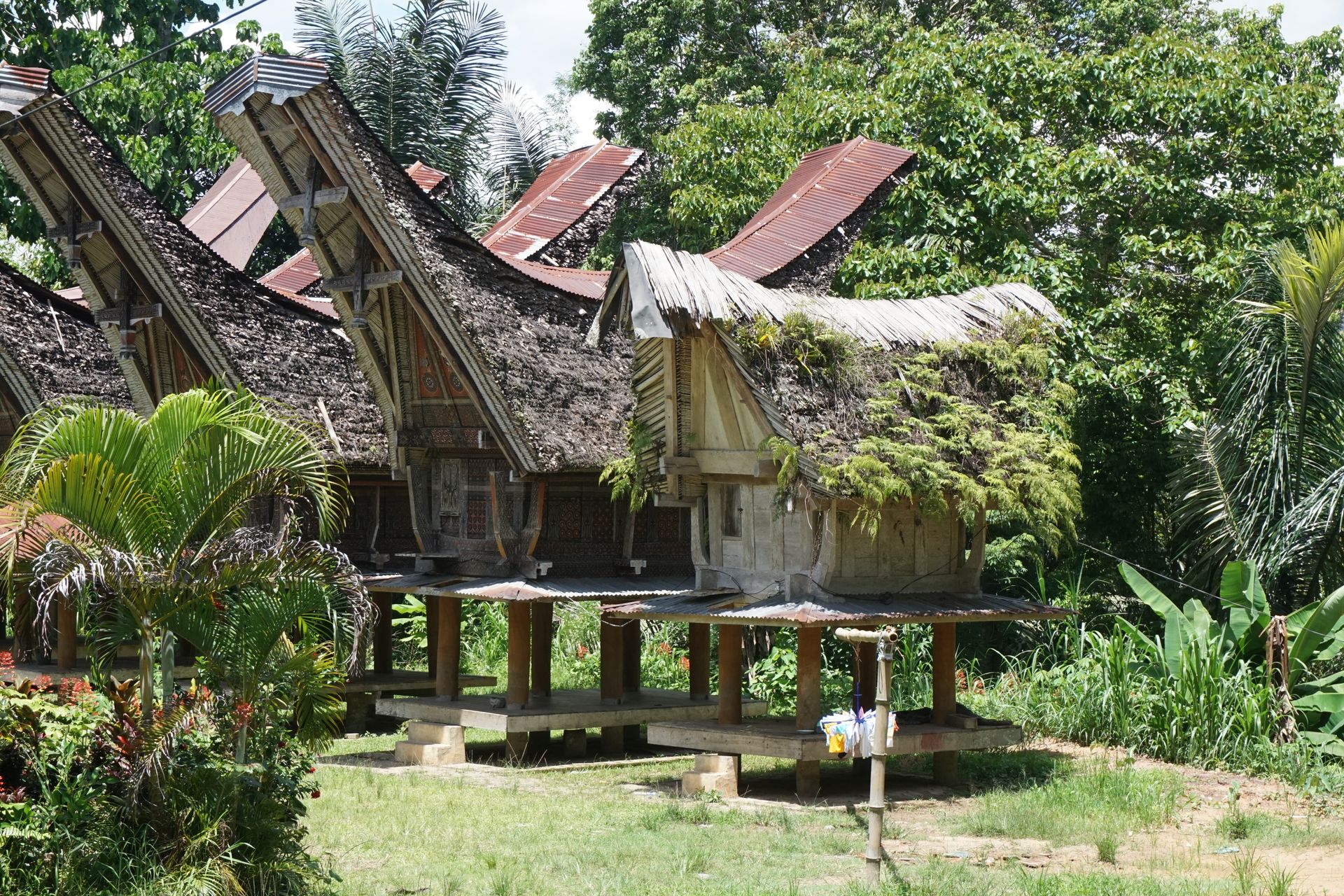
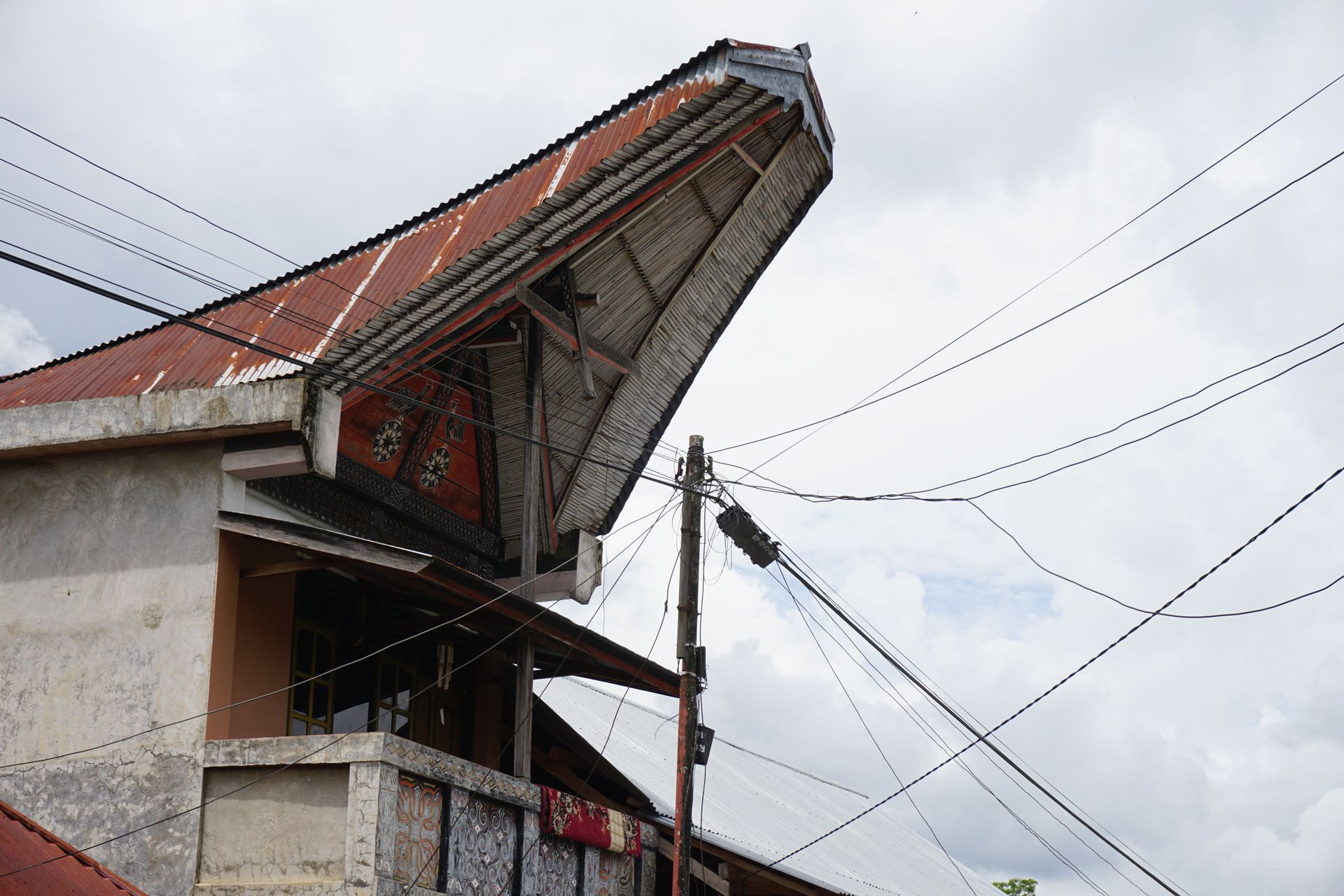

During our search for food on the first evening, we already had two culinary highlights. Firstly, Gado Gado, a fresh vegetarian salad with tofu and tempeh, egg, and peanut sauce, and secondly, Roti Bakar which made Mathias, Lisi, and Julie's taste buds dance.

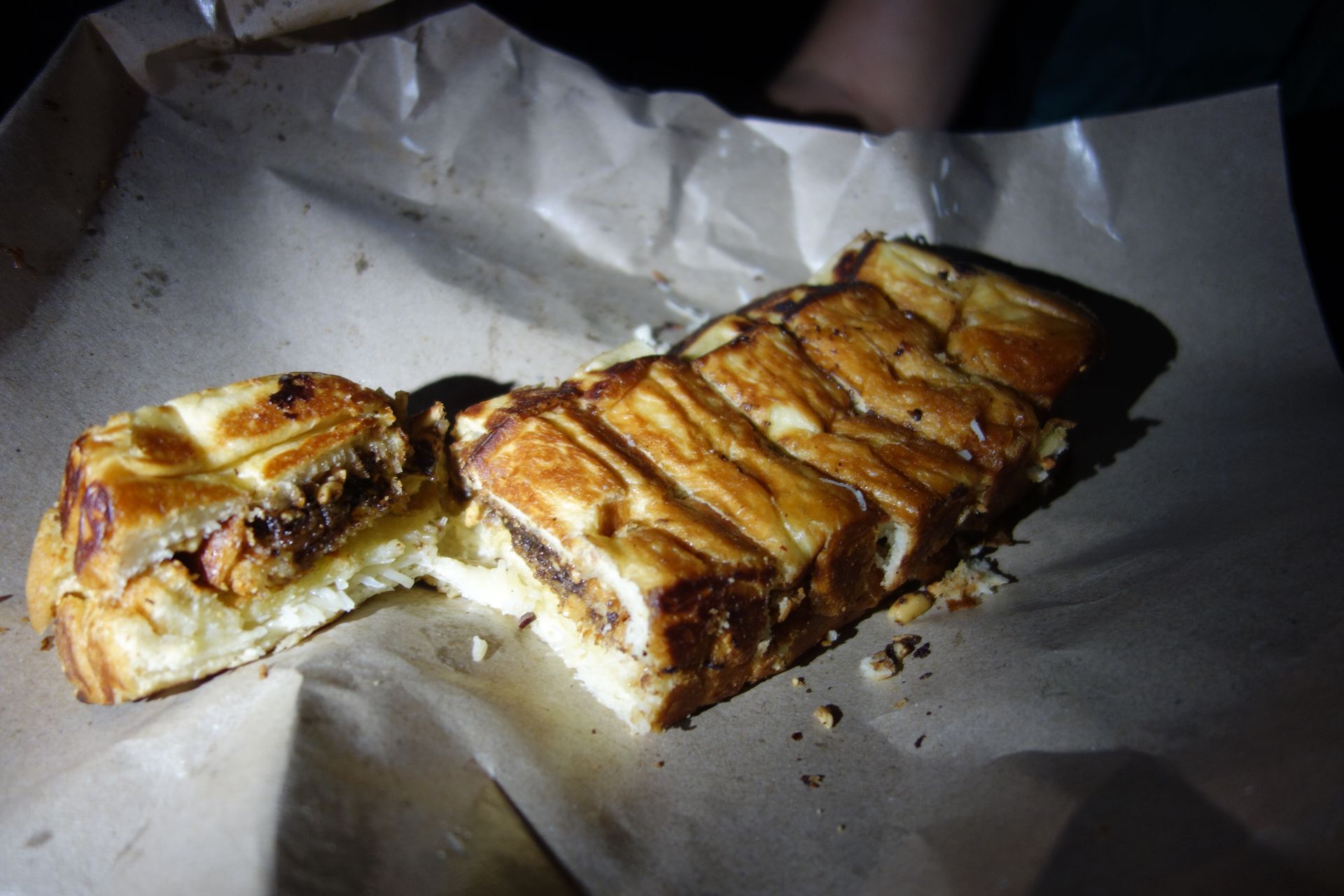
The next day, we explored the area on foot. It was a delight as we hardly encountered anyone at the remarkable spots. The fauna and flora are characterized by fertile greenery, mountains, and rice fields. Although Rantepao is predominantly Christian, the area is surrounded by muezzin chants.
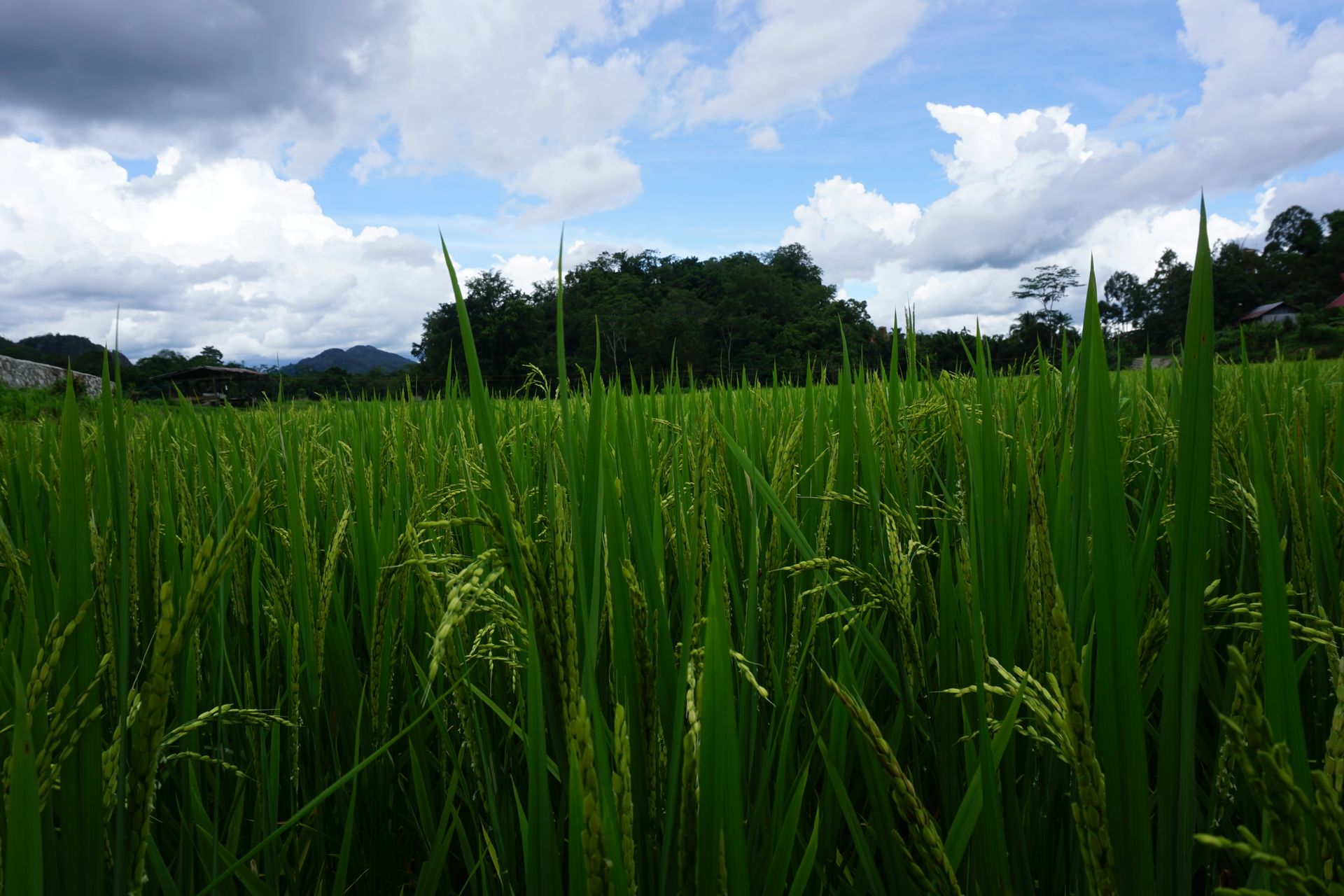
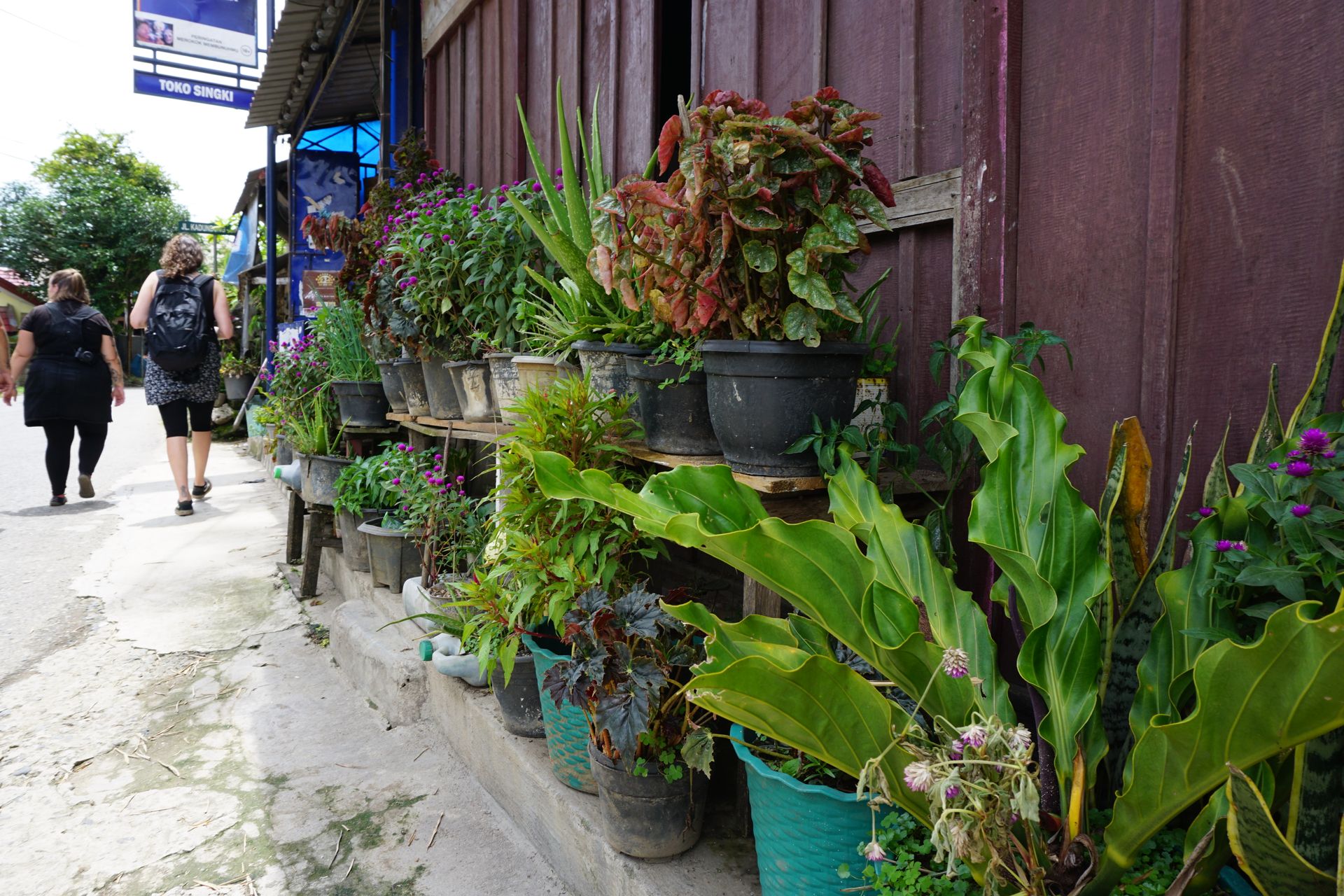
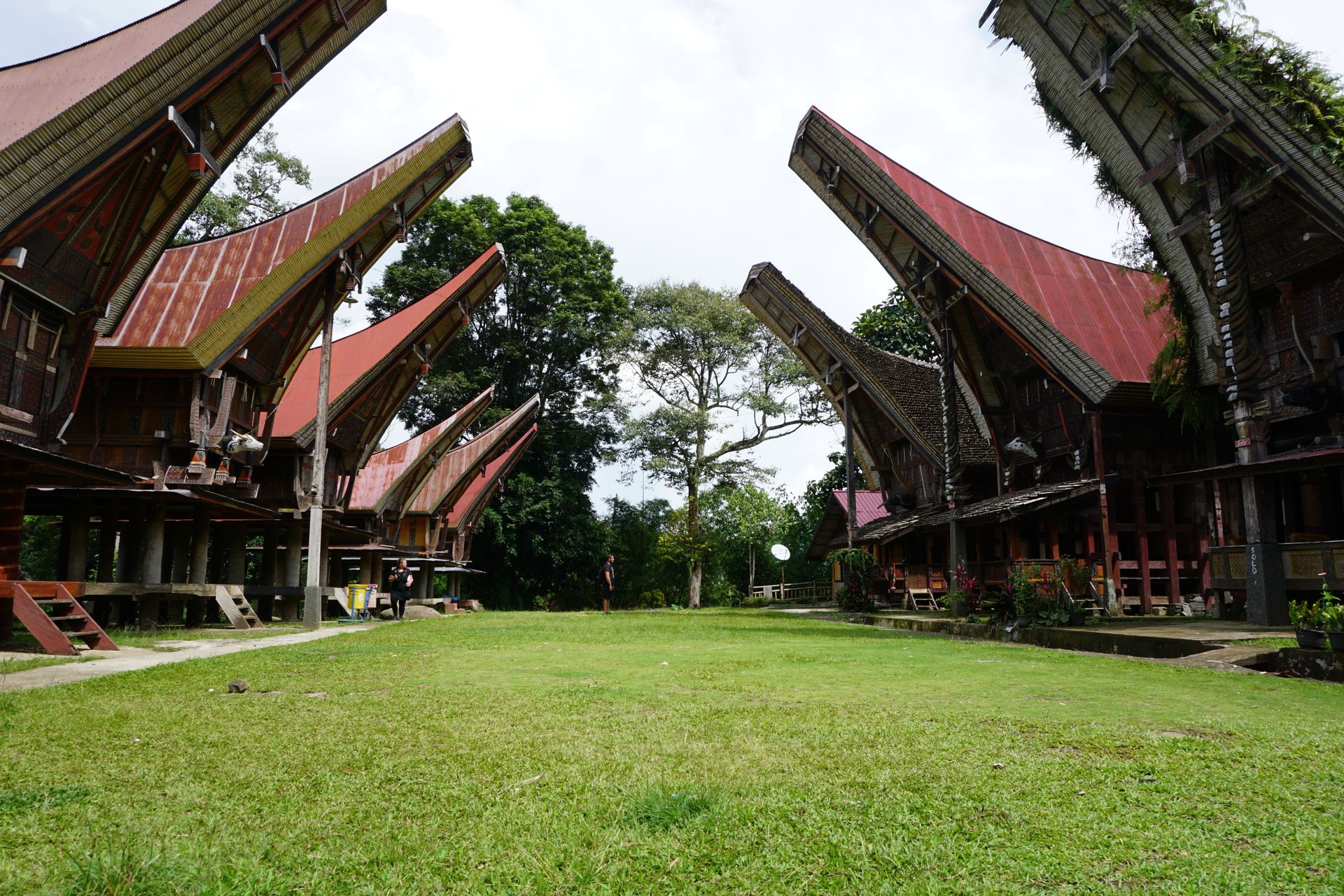
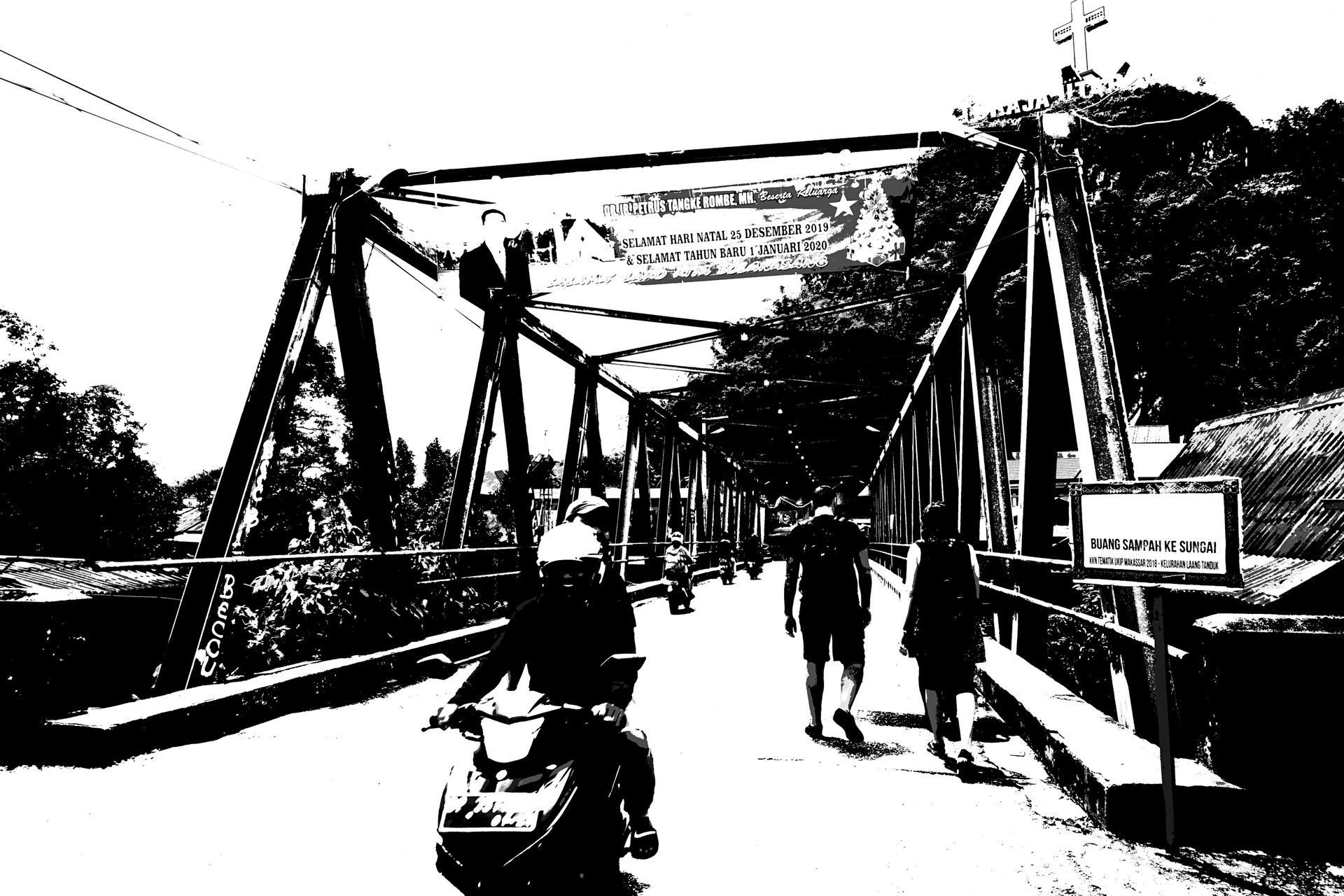
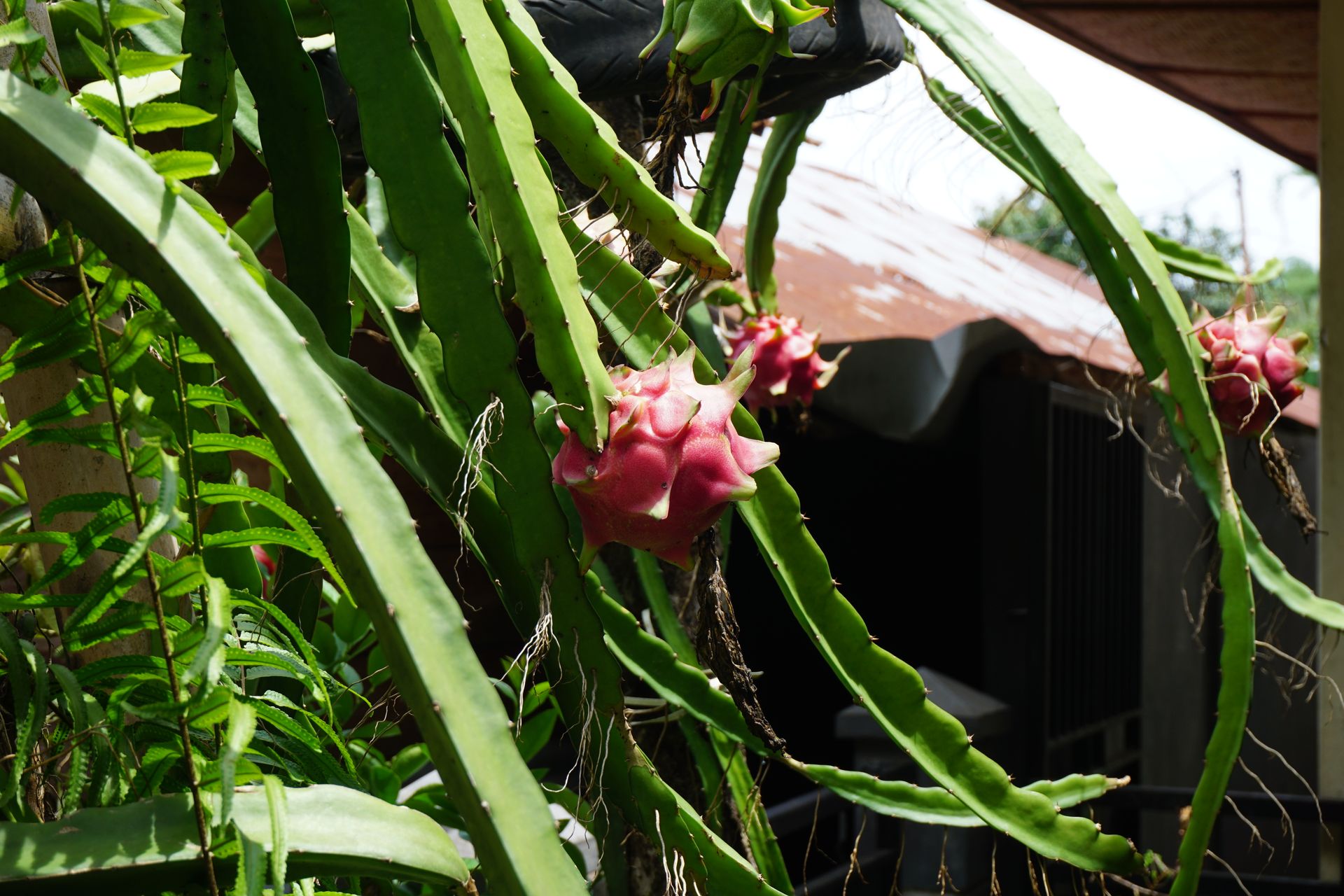
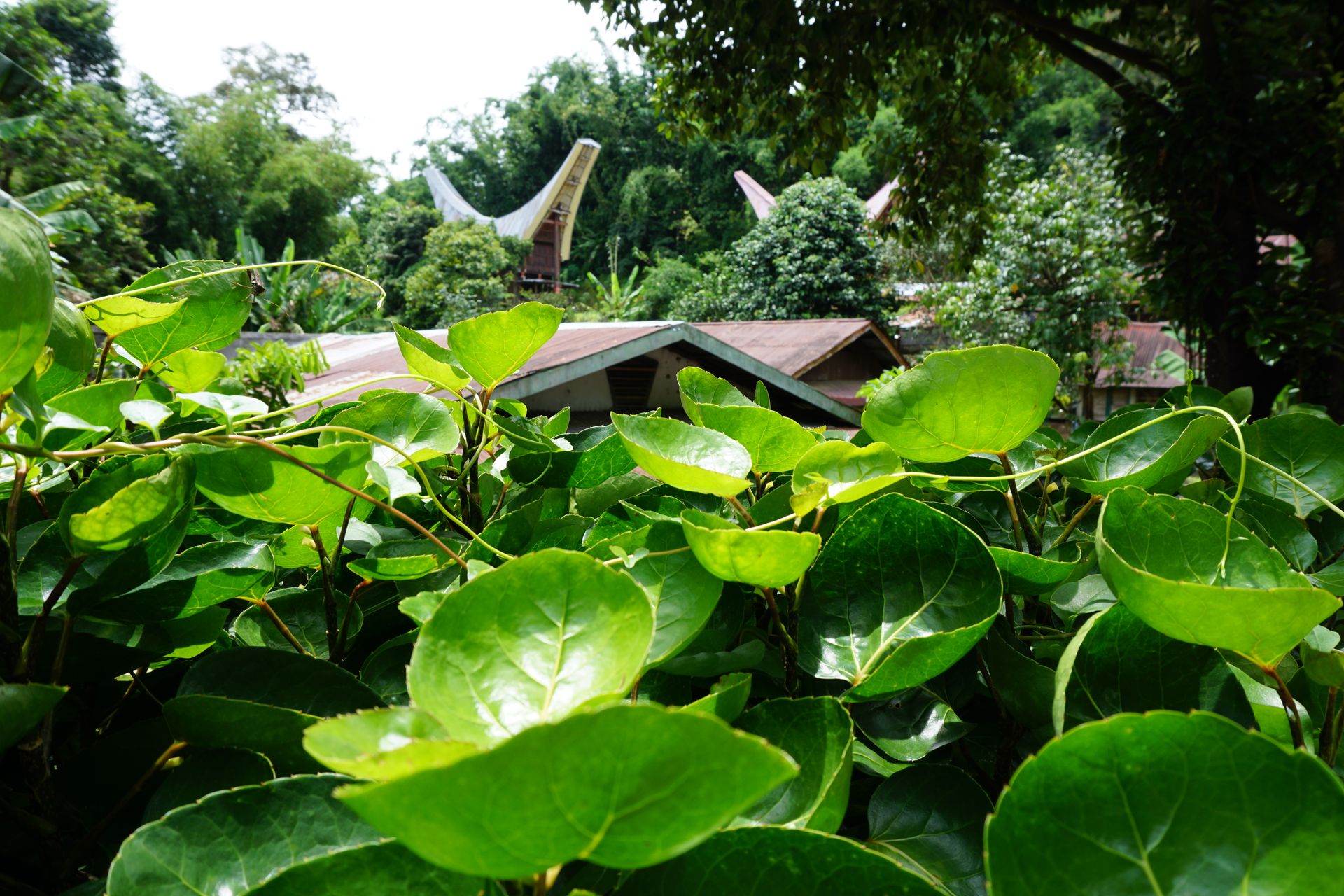


It is nice to immerse oneself in a new culture, both linguistically and culinarily, although the vocabulary important for communication with the locals is not so easy to remember. It's nice to have Matthias and Lea by your side, supporting you with language barriers ;)
The funeral culture of the Toraja is very special. The funeral ceremonies take place in traditional villages, but we decided not to participate in a funeral. The coffins are buried in rock-cut grave chambers. On our exploration tours, we discovered Tau-Taus - wooden carved figures wearing the clothes of the deceased. The area of Rantepao is characterized by grave chambers and caves that depict the unique funeral culture. The care of the deceased bears witness to family connection, gathering, and appreciation.
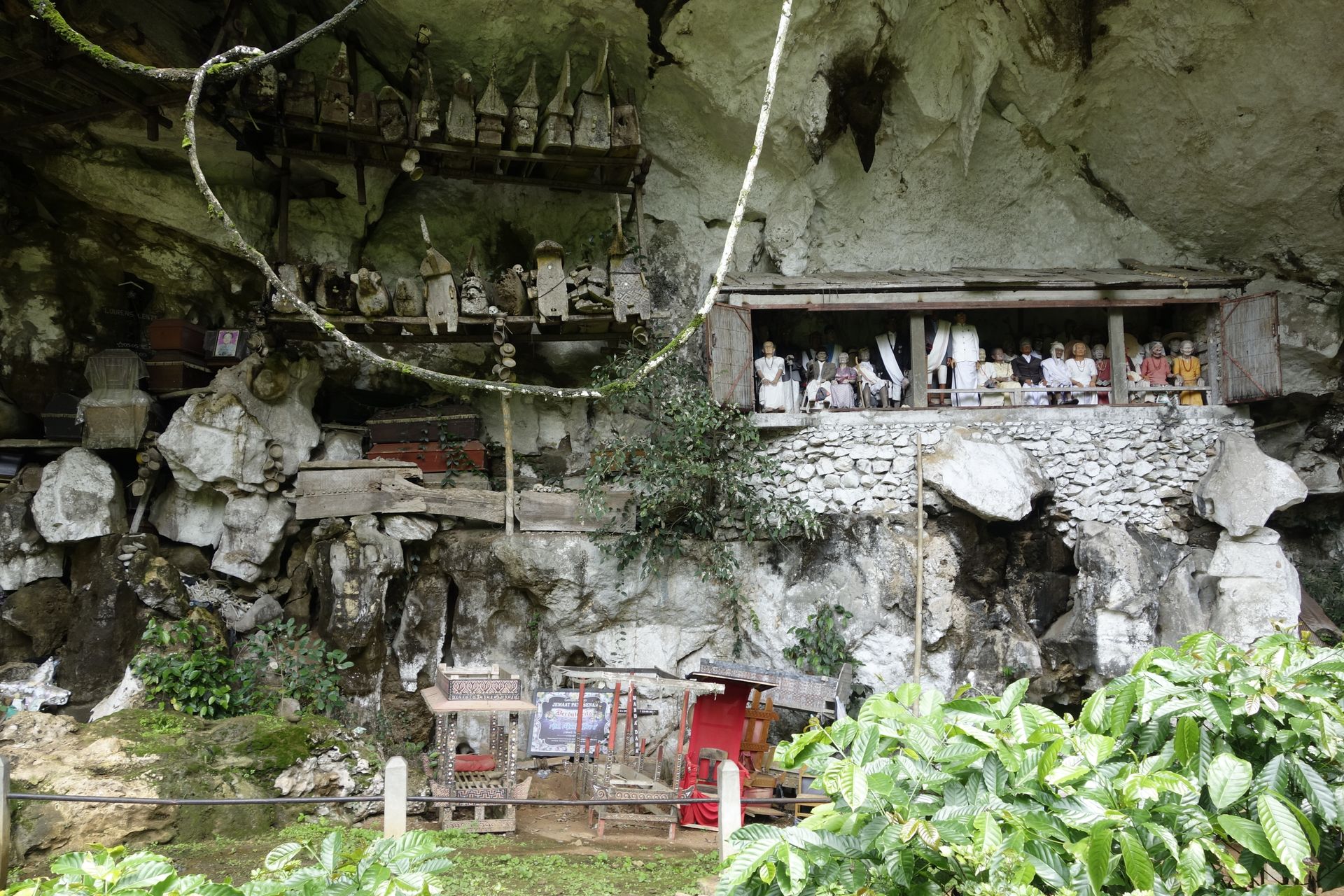
On the second day, we wanted to visit some of these burial sites. But first, we made a detour to the weekly Bolu Market in the morning, where, among other things, oxen are for sale, which are sacrificed at the funerals.



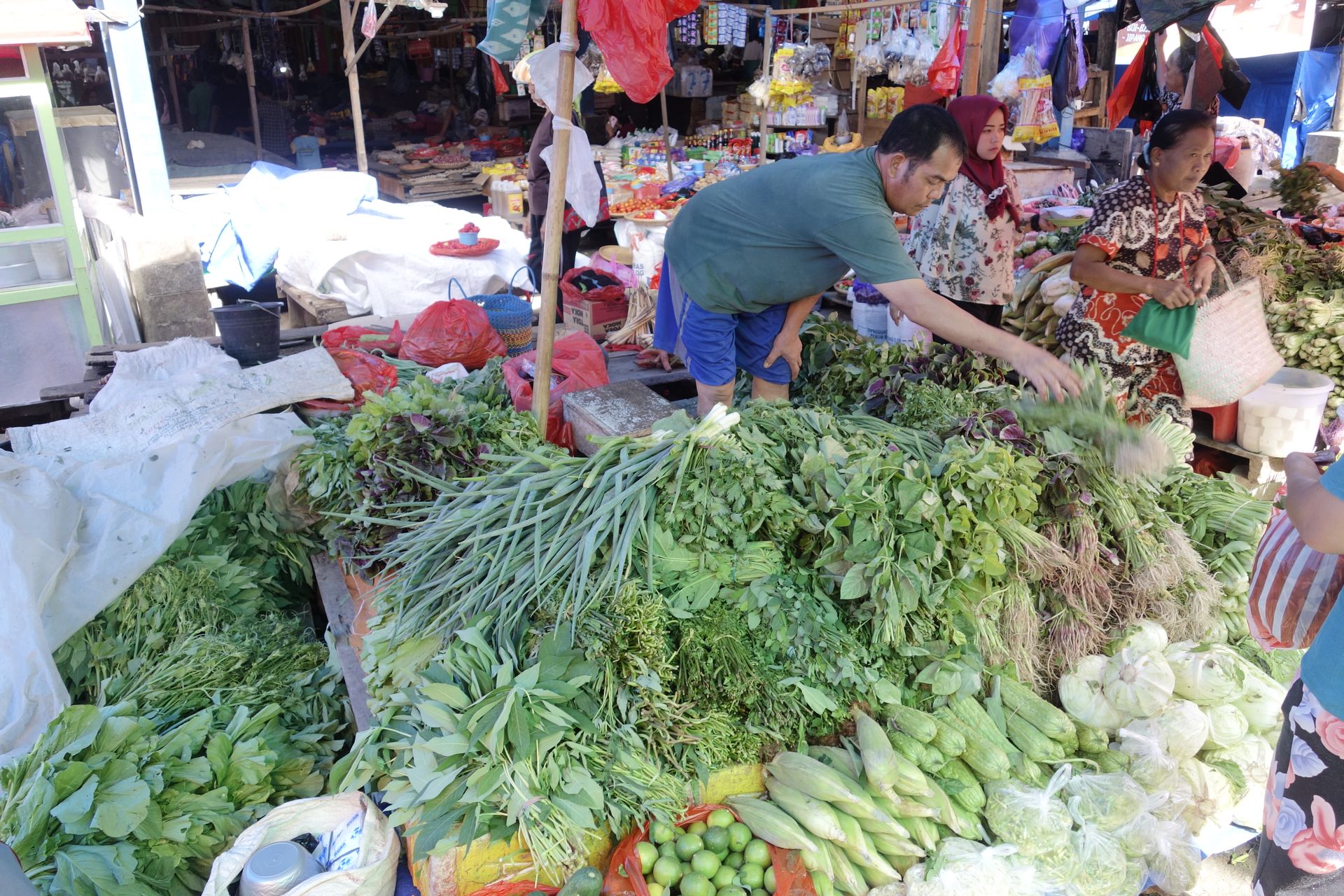
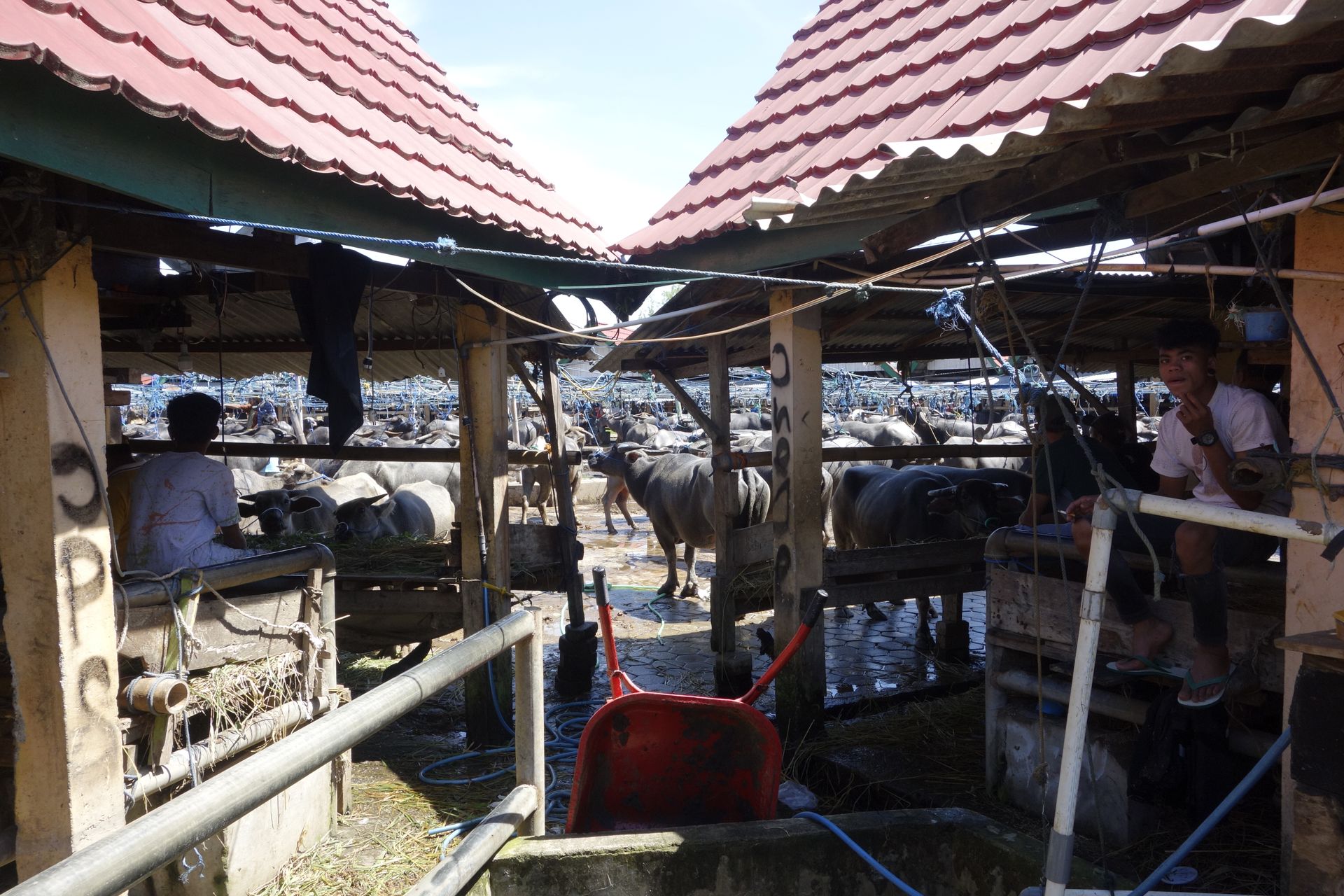

During the drive from Rantepao to the south of Makale, we met a friendly taxi driver named Julianus. His curiosity led to the realization of whether we ladies were not married. Julianus asked if we had any interest in an Indonesian man. When Julie mentioned that she might be too tall for an Indonesian man, Julianus said that this didn't matter to him in life. The essential thing is the love between two people.
Our journey then took us on foot to Kambira. The baby graves of Kambira can be found in a tree, which is considered a unique burial ritual.
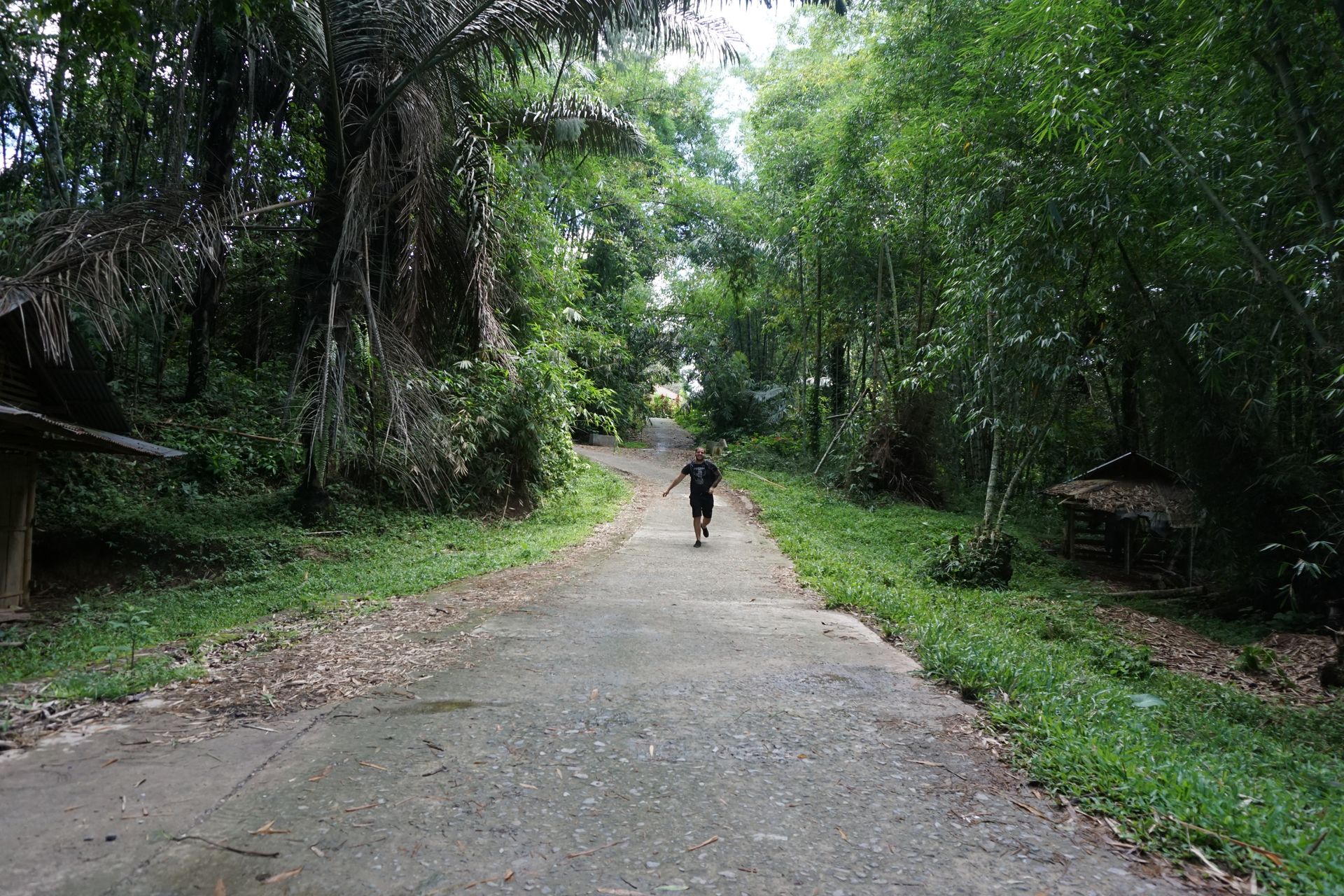
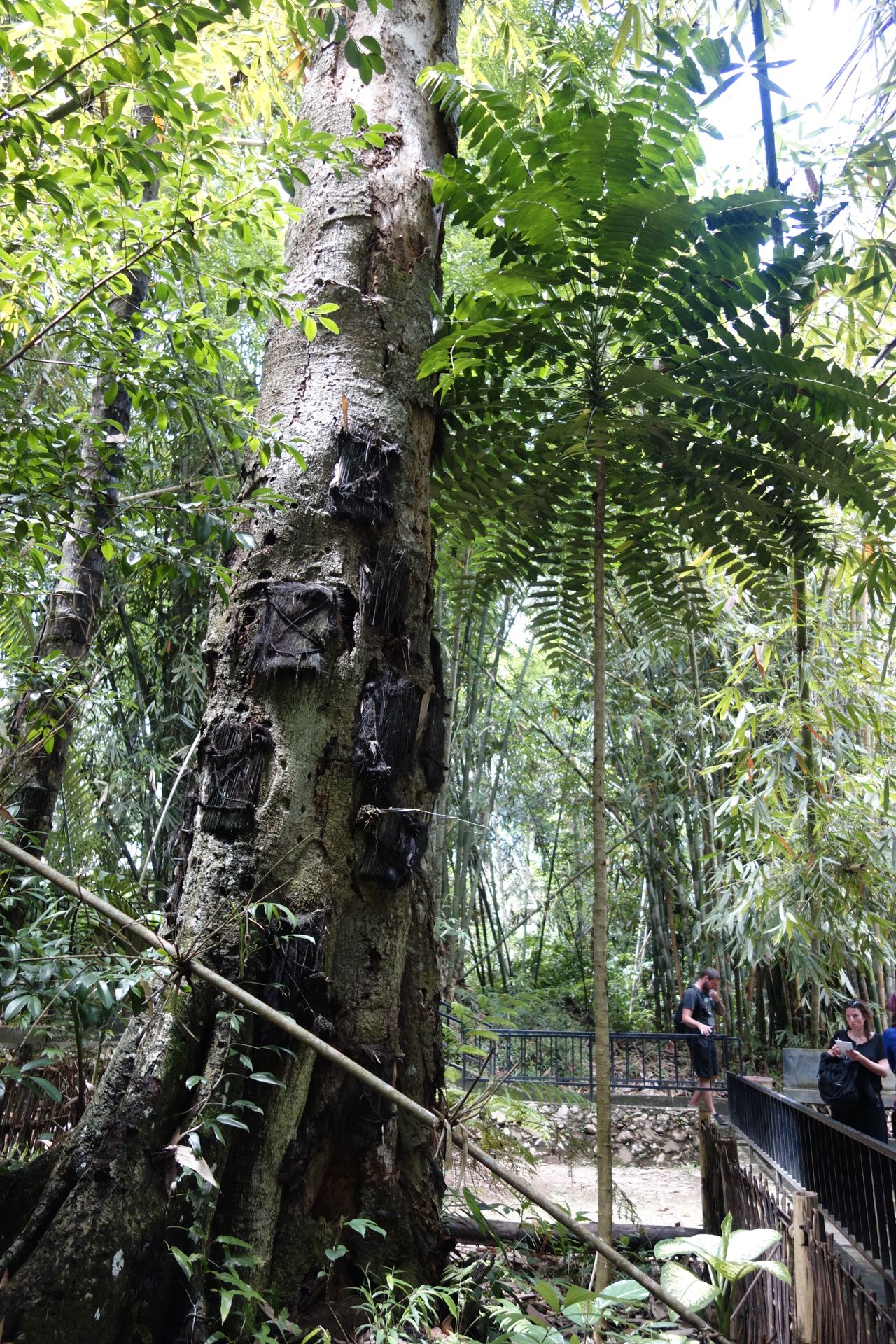
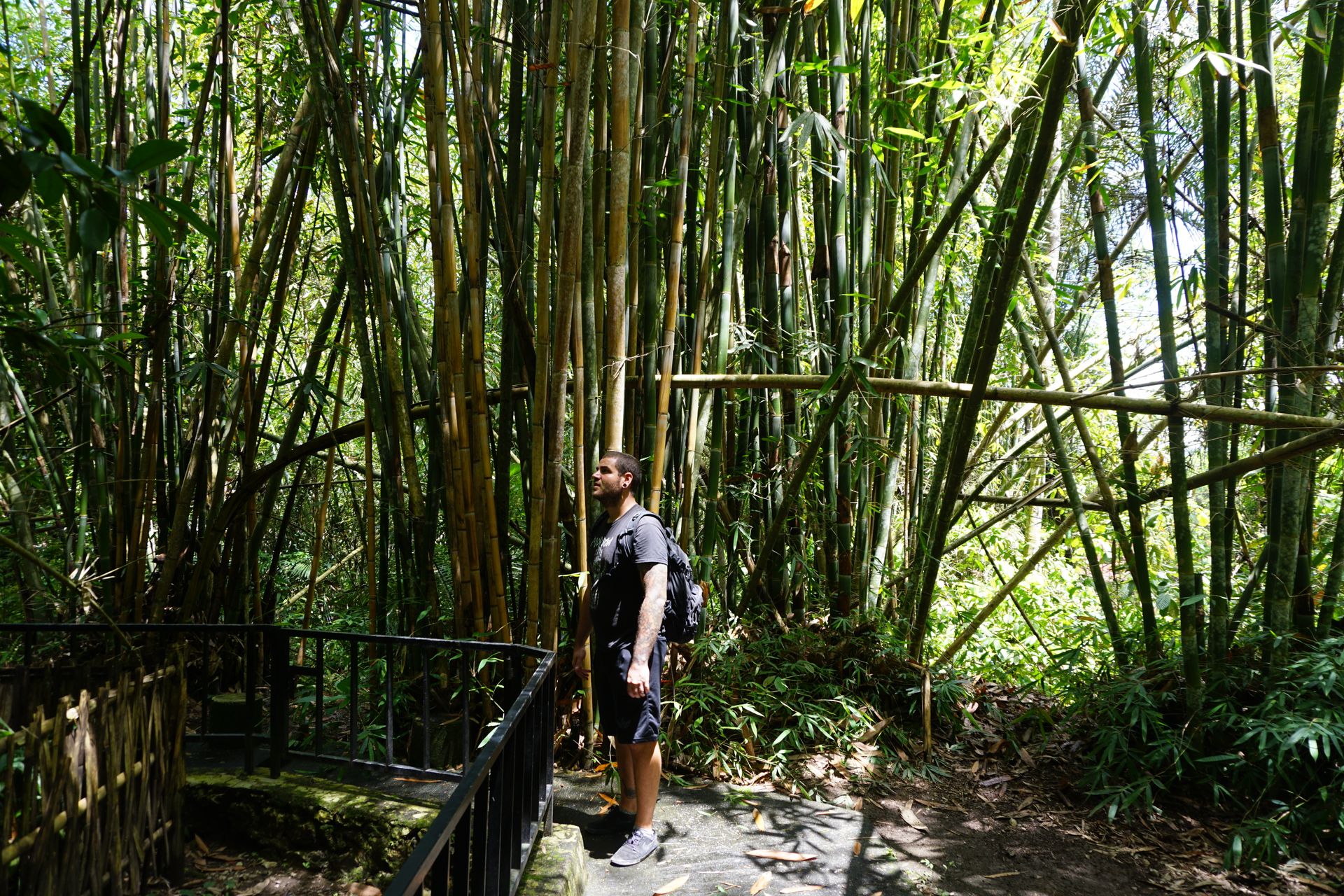
Along the path between lush rice fields, we were warmly greeted at the next site by Esching, who accompanied us and served as our guide for the Tampangallo Caves.
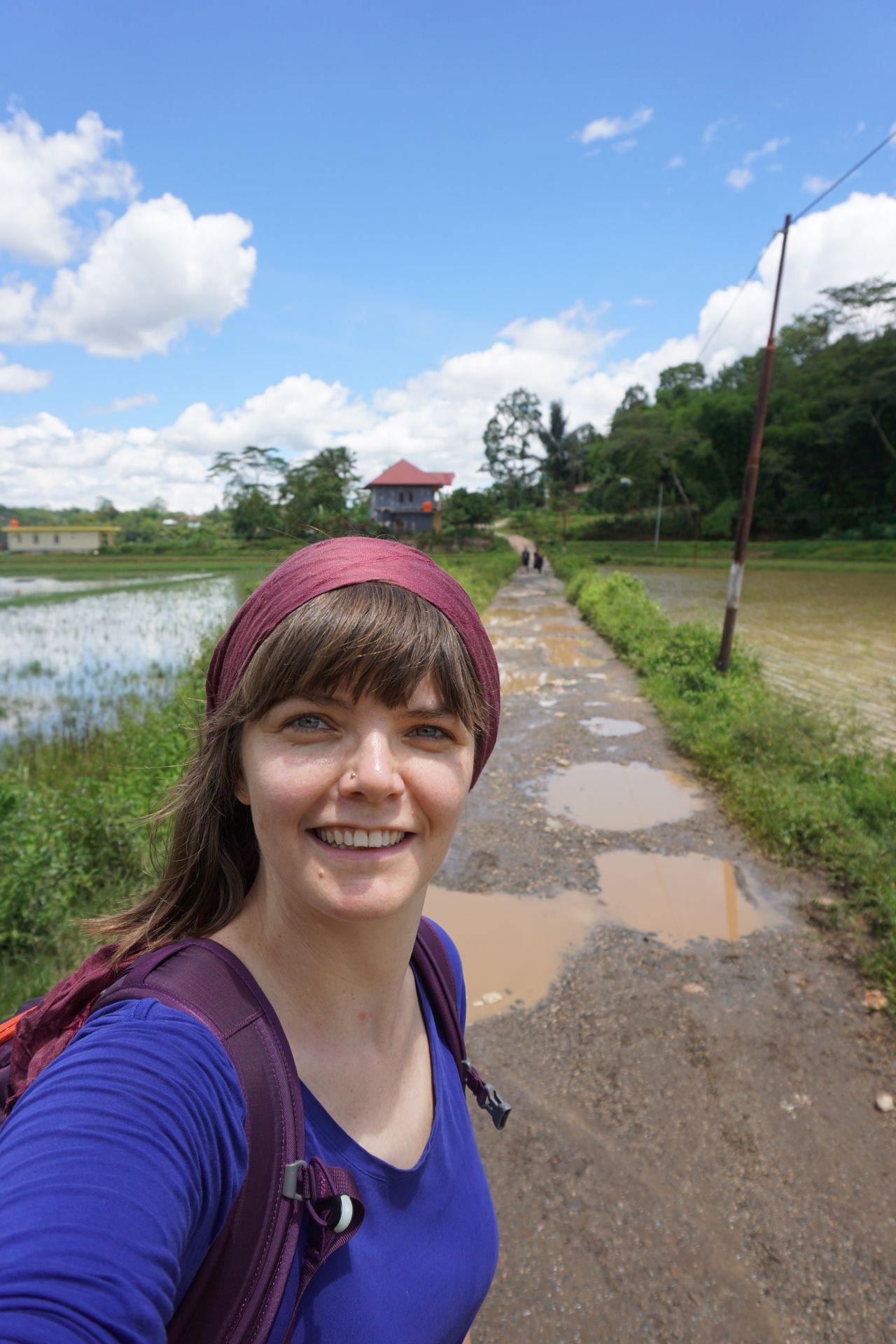

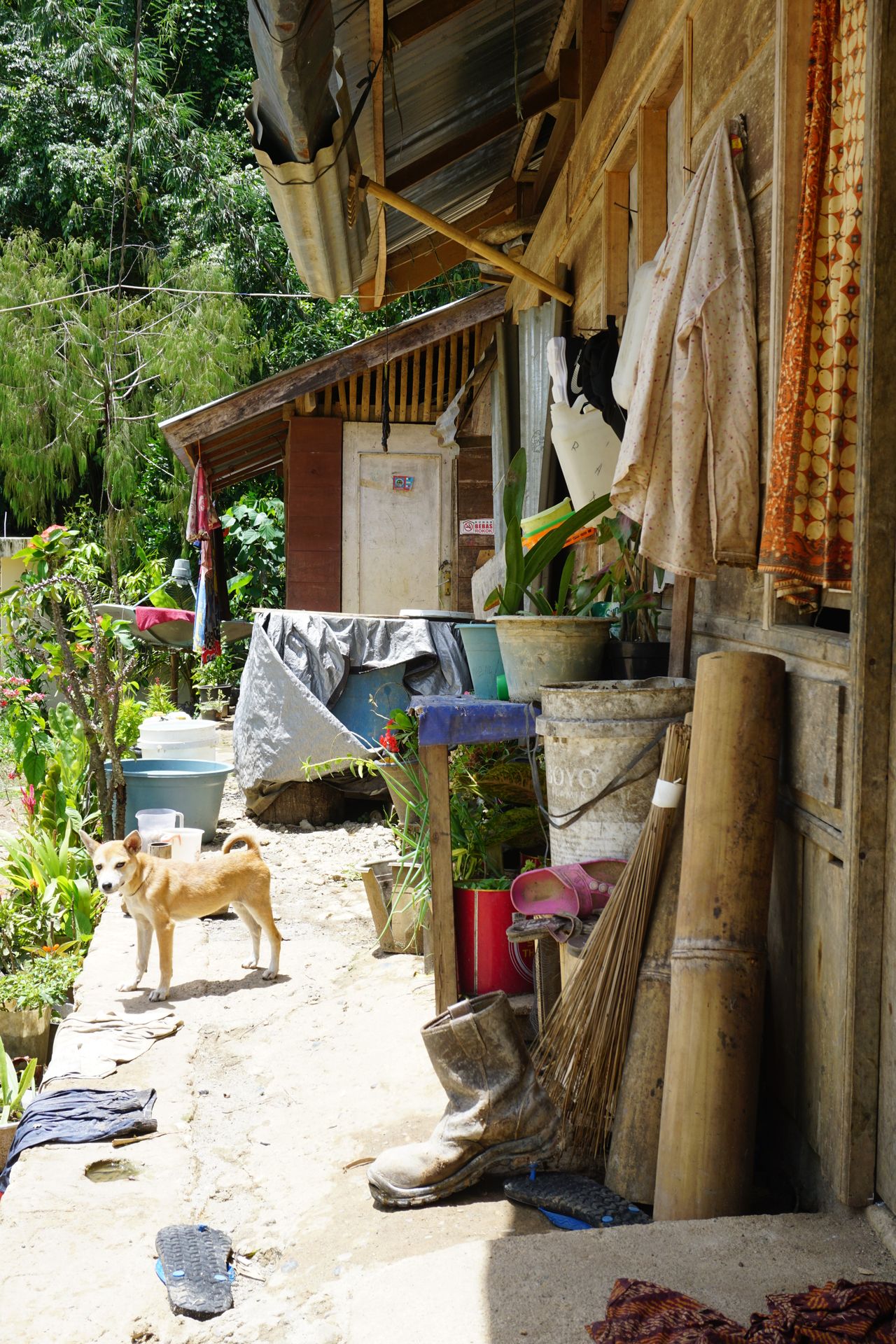


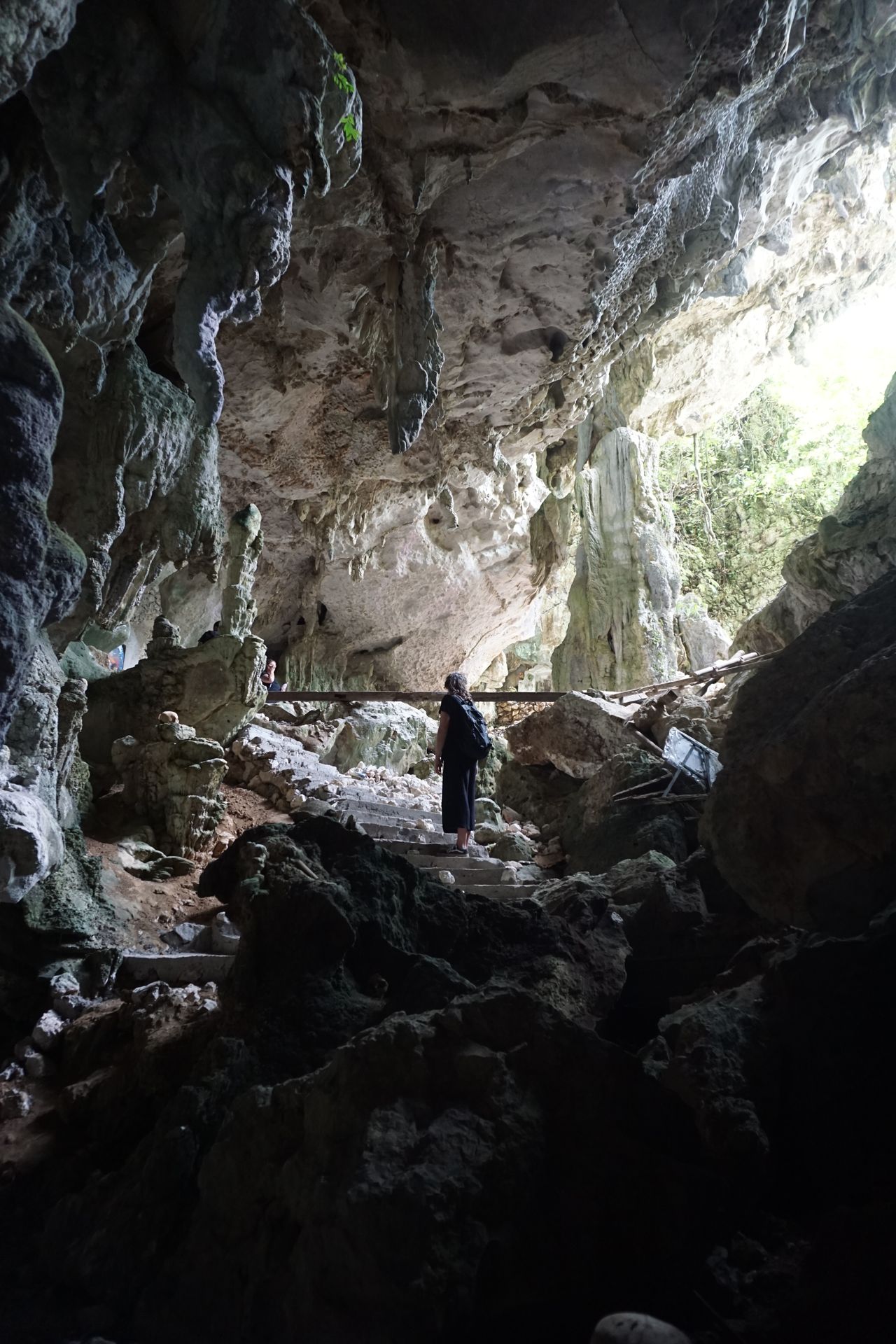

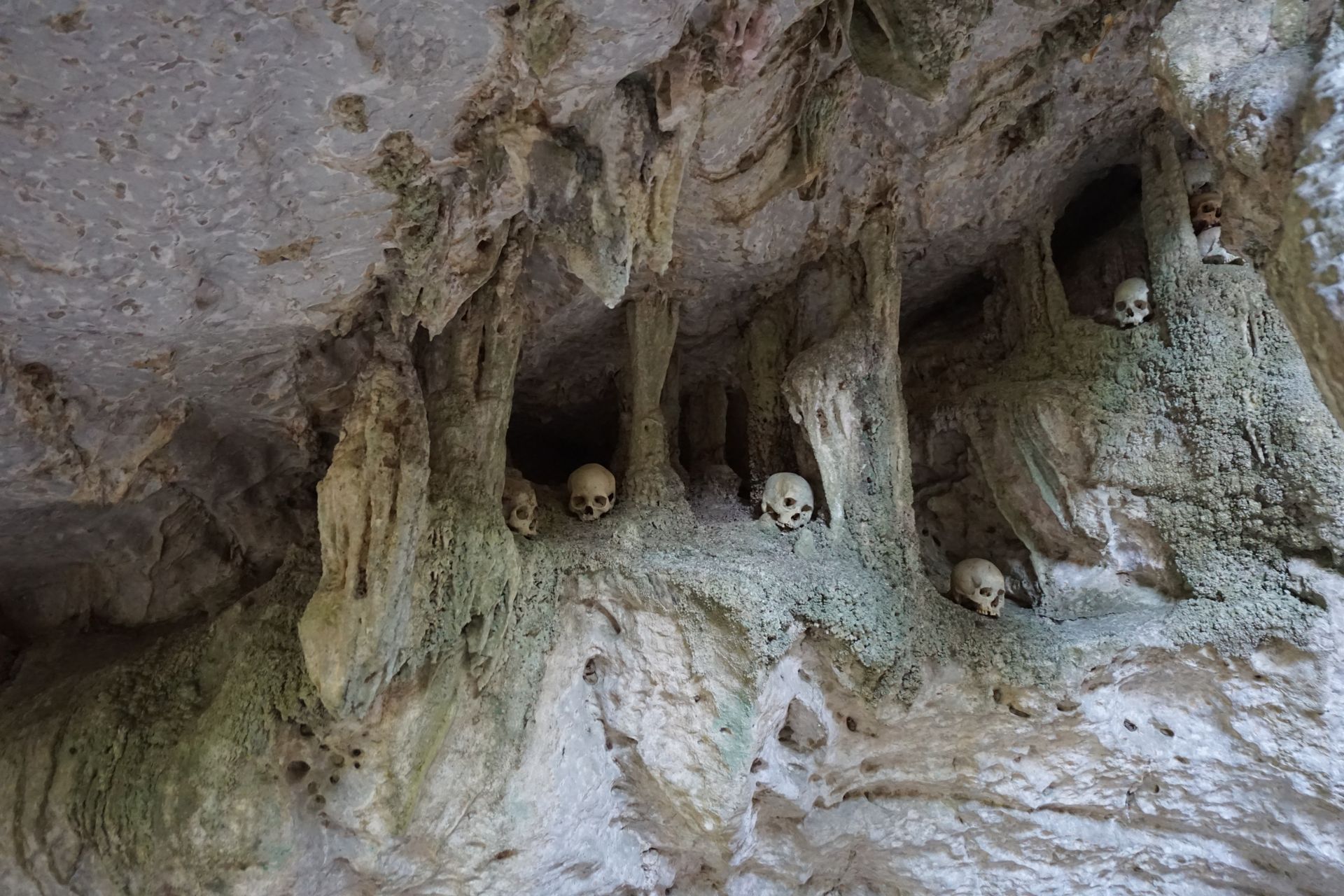
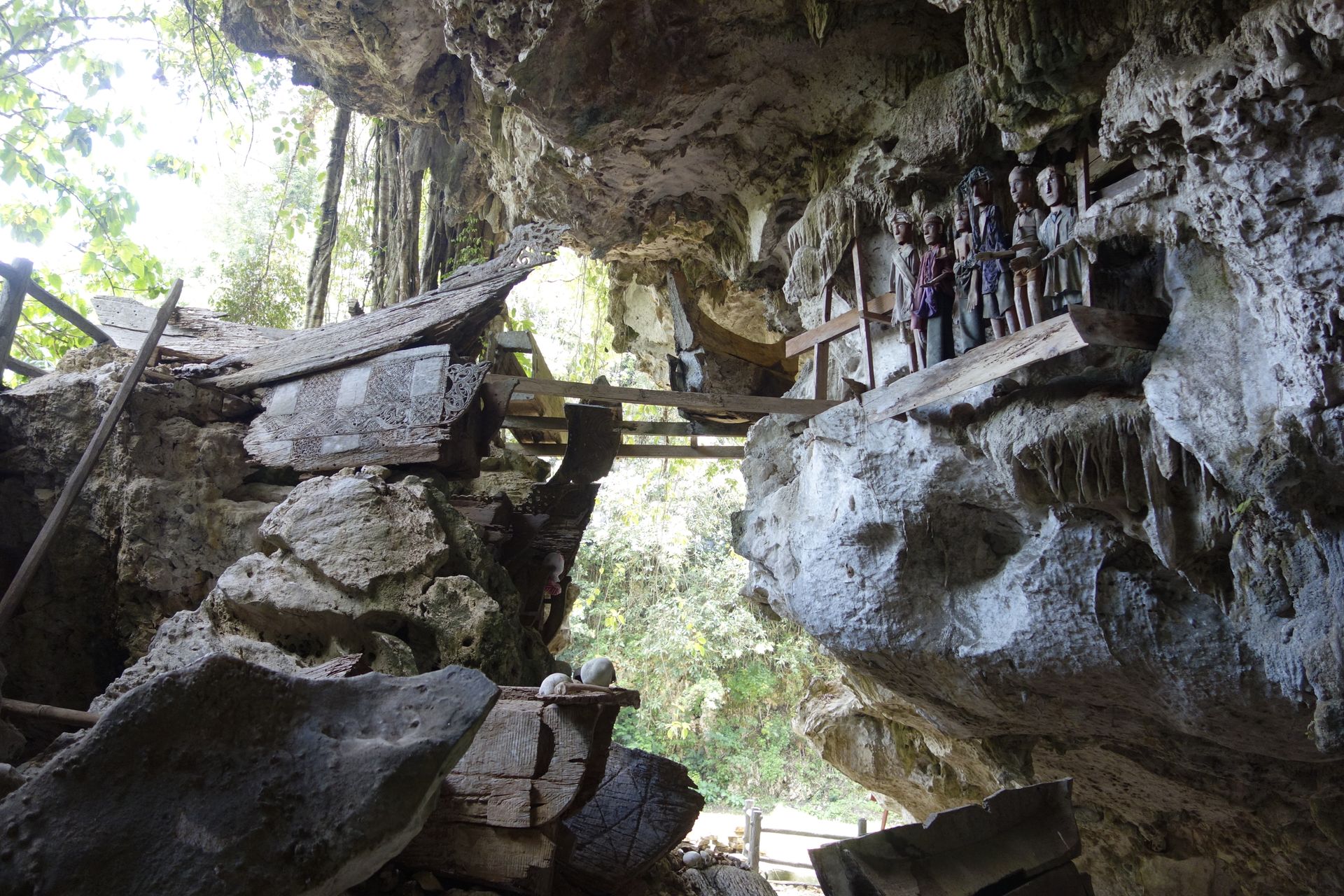
Our walk through the greenery led us to the remote royal tombs of Suaya.


On the way back to Makale, we realized that we had covered quite a few kilometers and were very happy when we could get on a truck selling gas cylinders. During his sales tour, due to unexpected and laughing customers, we were not sure if he was making a loss because of us. The fresh breeze and the surroundings let us indulge in satisfaction.


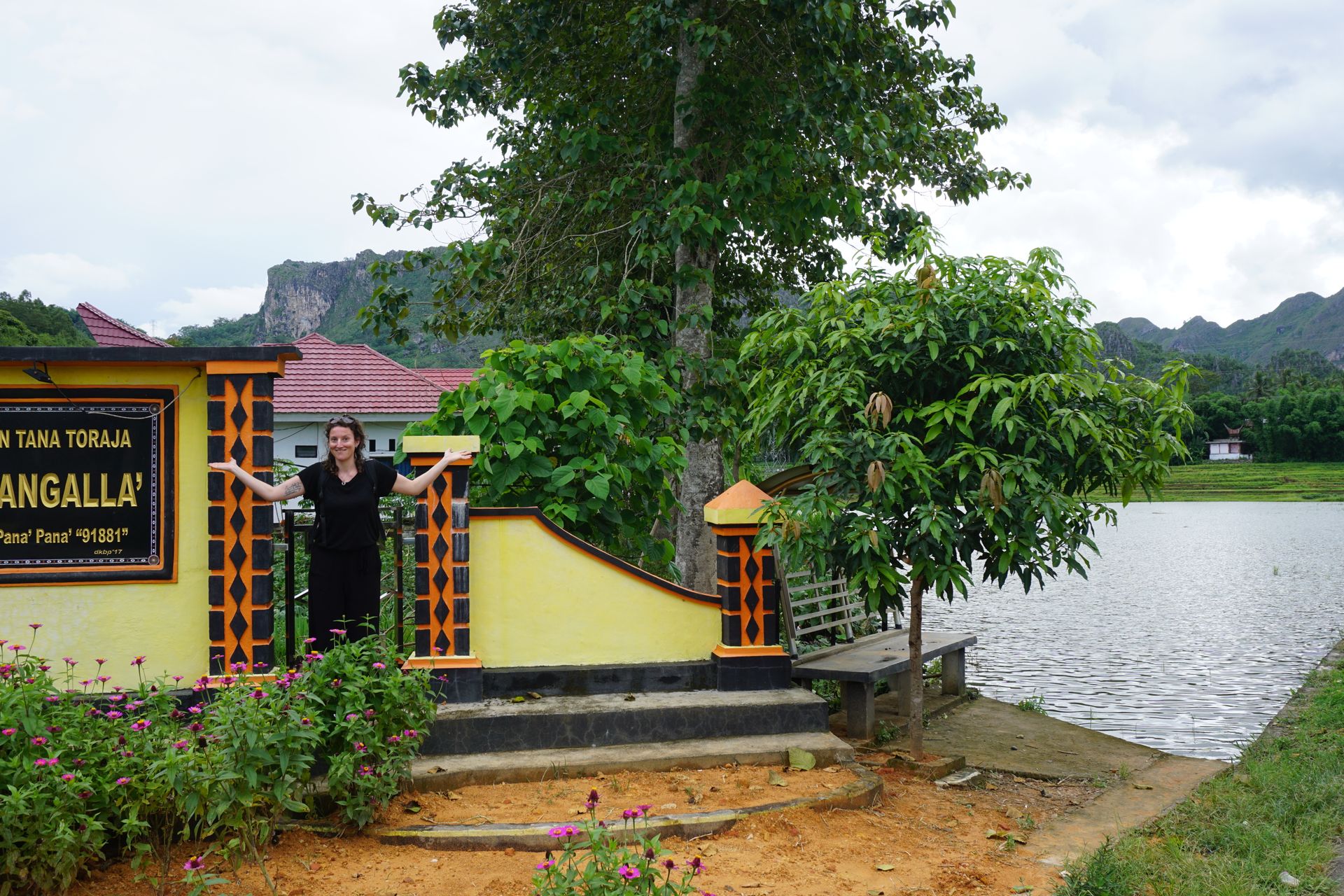
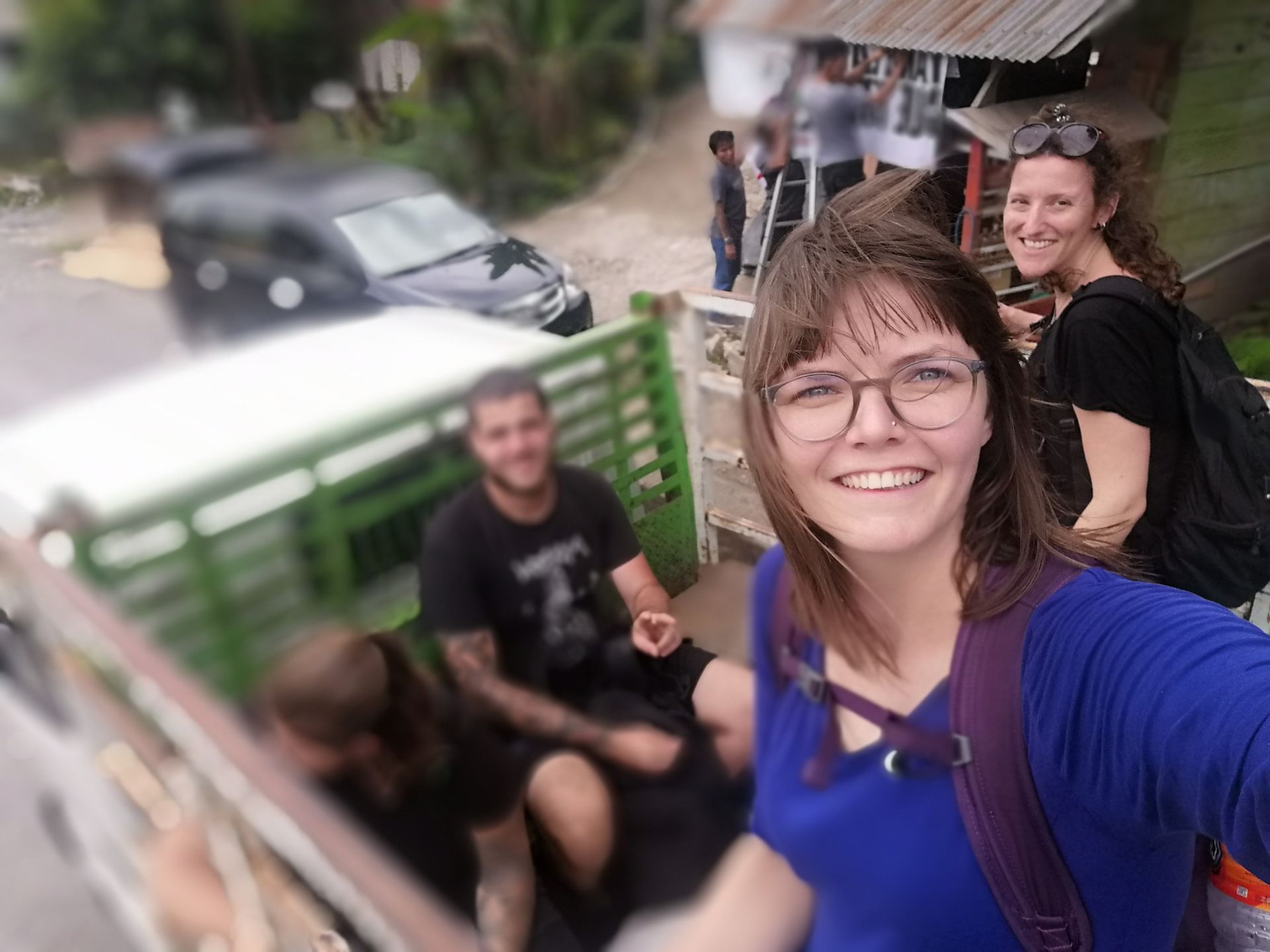
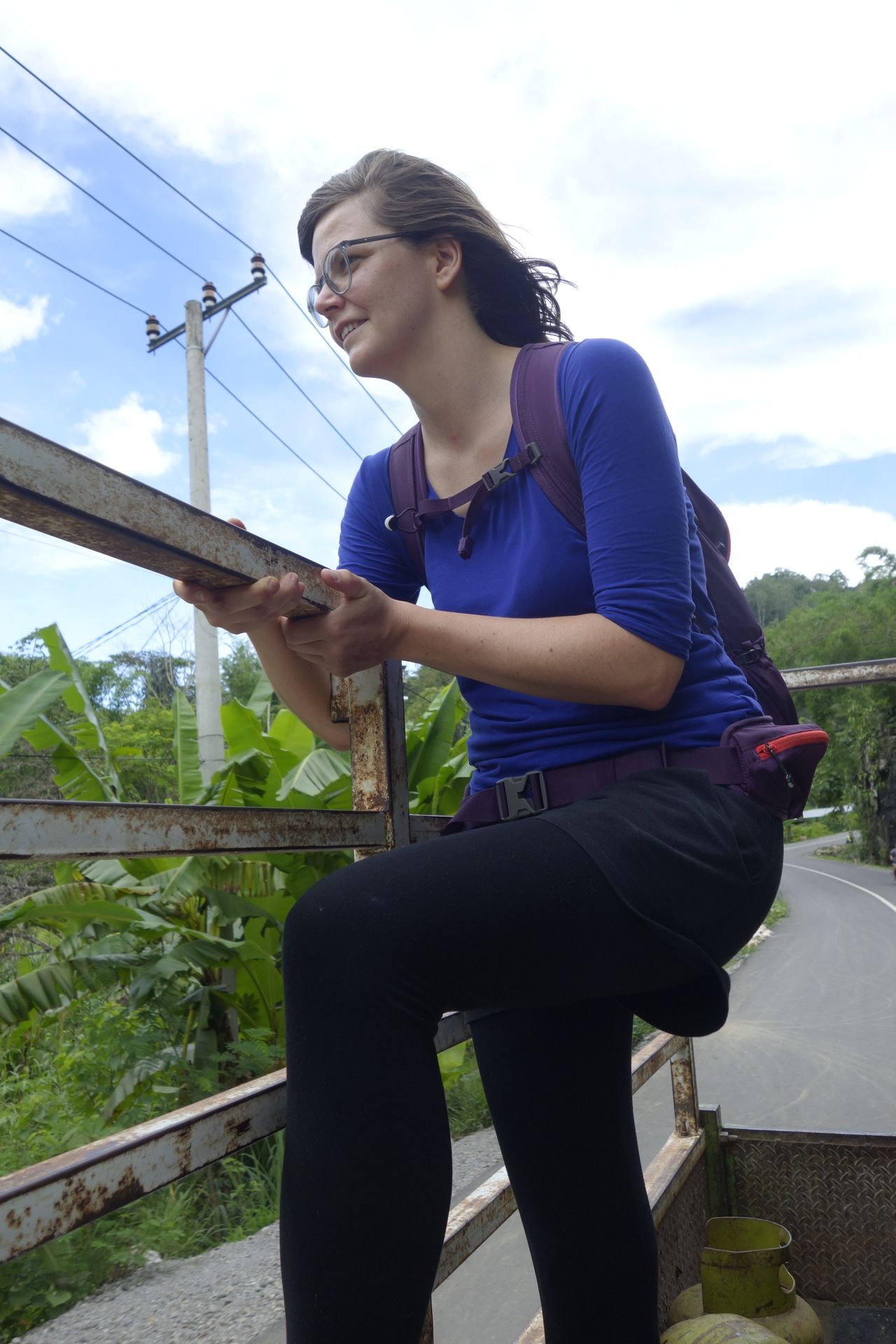
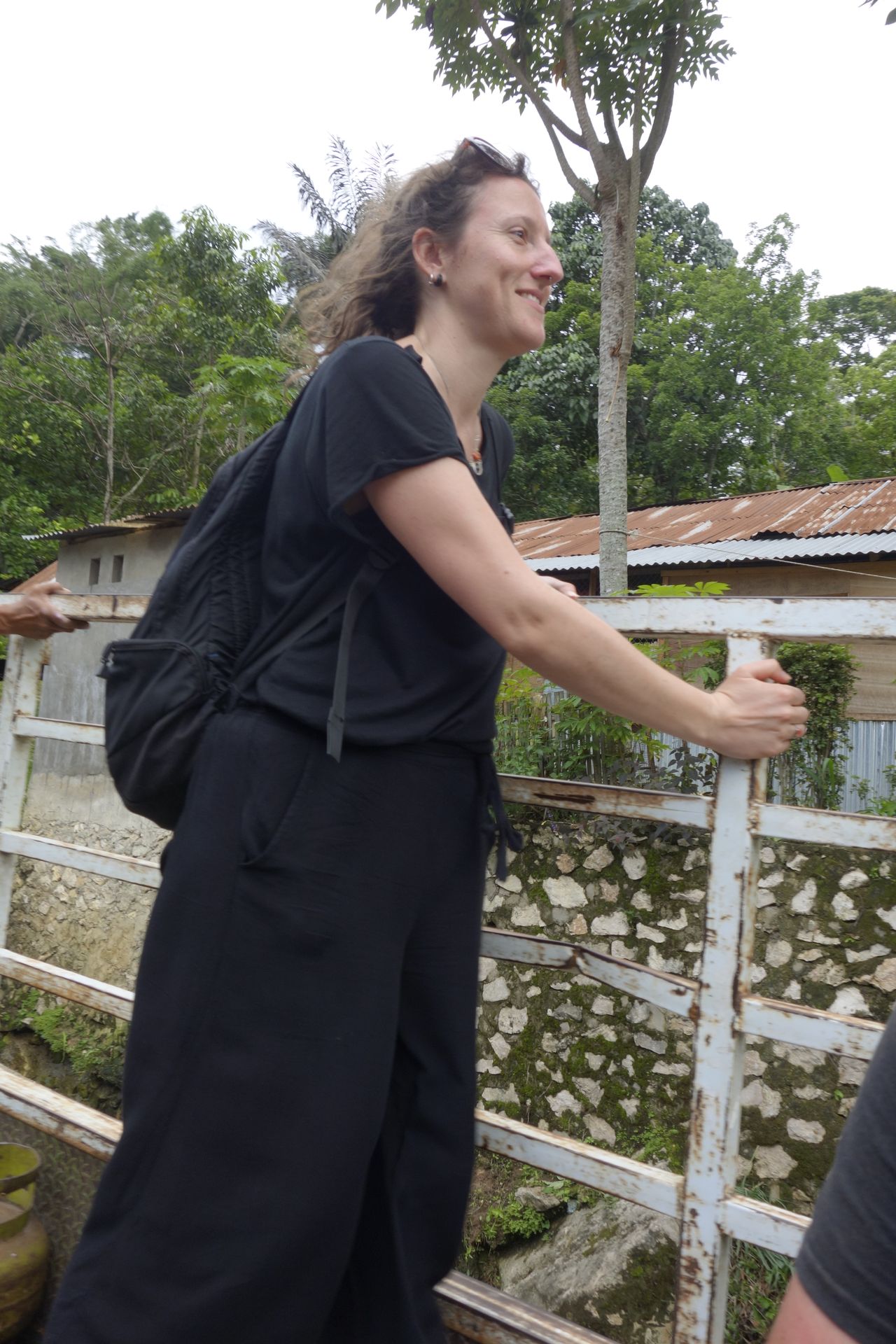
Just before the daily rain, we managed to find something delicious to eat. However, the way back to our accommodation was too far and we got quite wet.
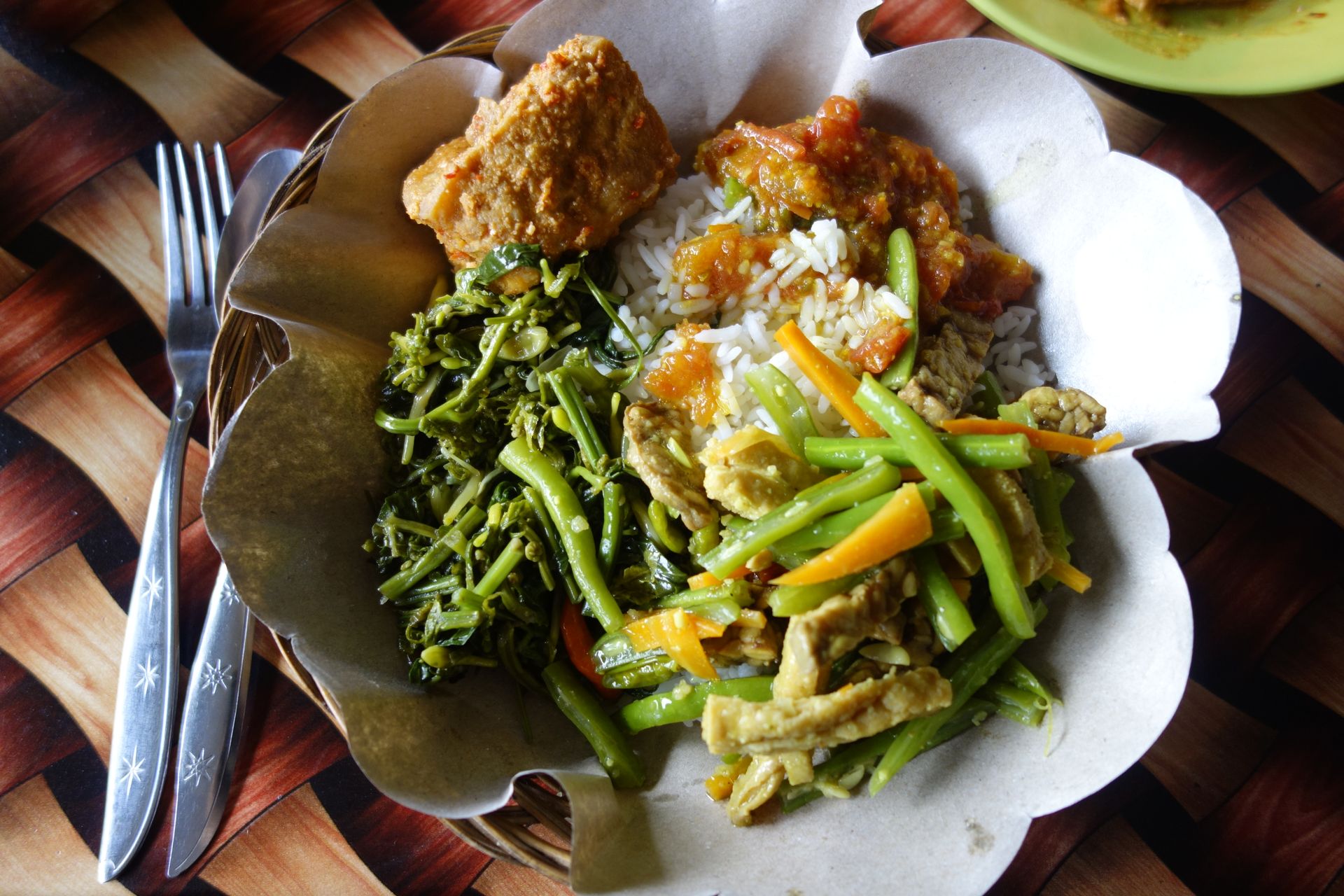
On our smaller exploration tour on the last day, the burial sites in Bundupune and Kete Kesu reminded us of those we saw the day before. In Kete Kesu, quite a few people were gathered, which surprised us and also challenged us a bit. Mathias was visibly motivated to have his picture taken. Yet these places testify to further encounters with the funeral culture, which has existed for many centuries.



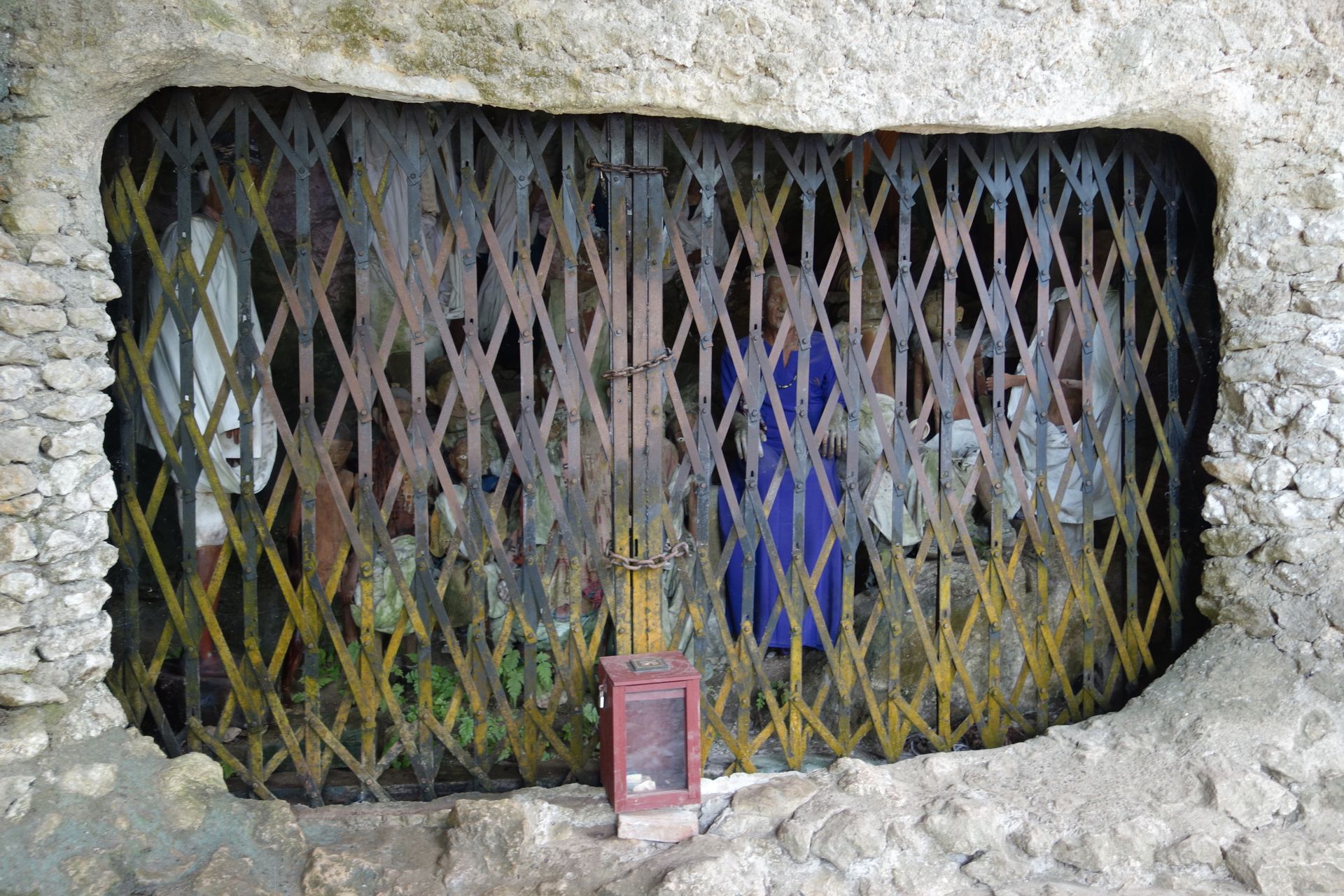

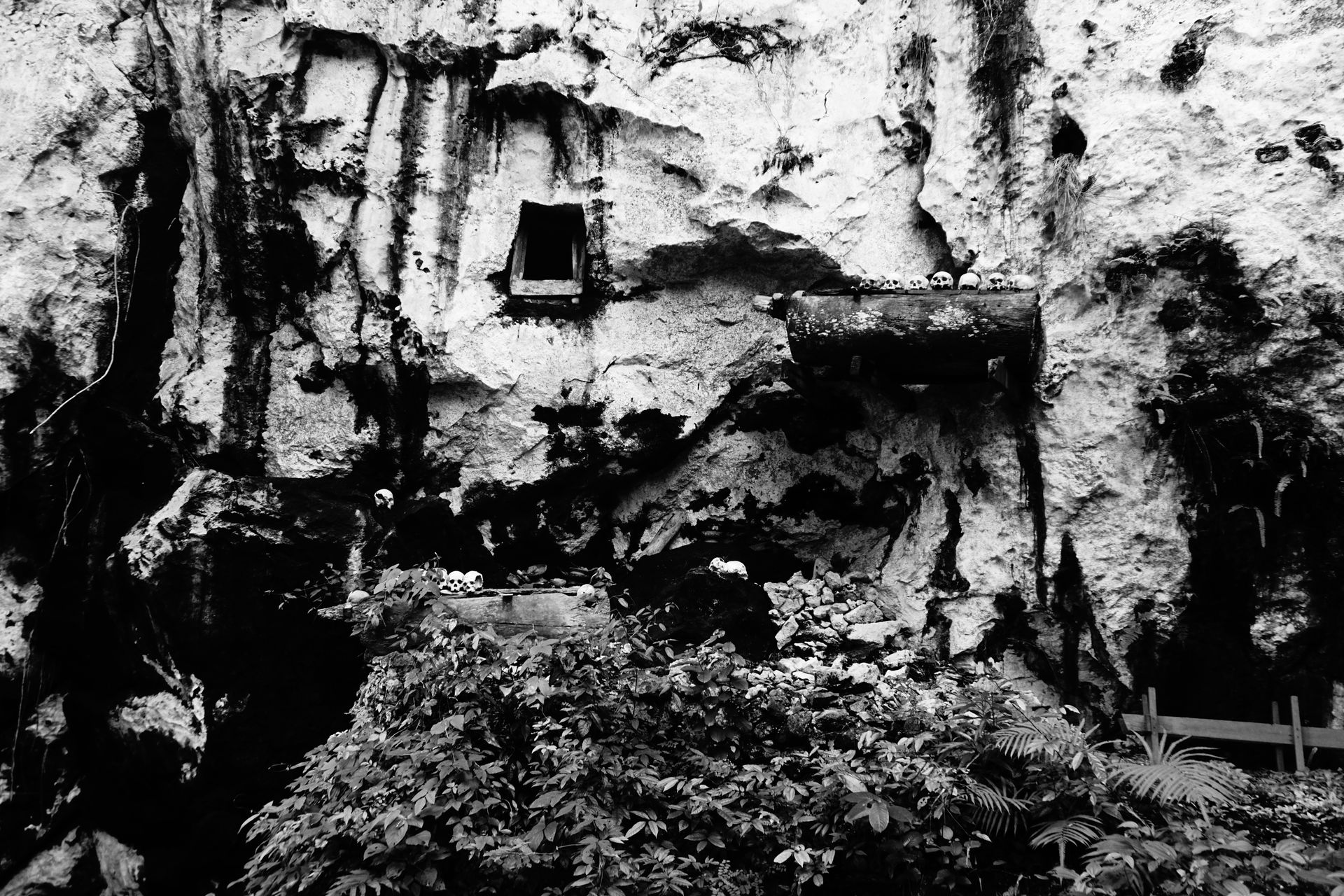
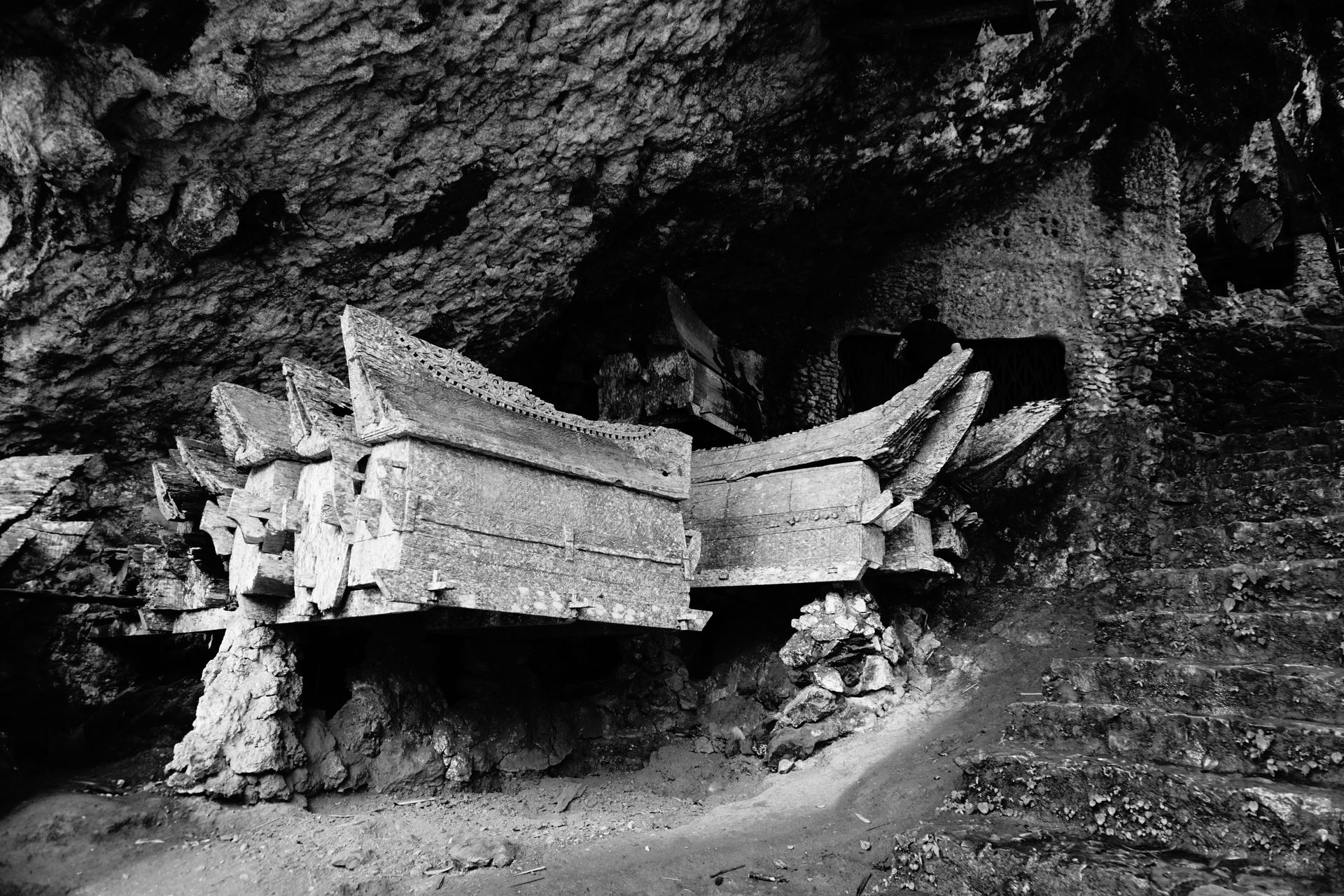
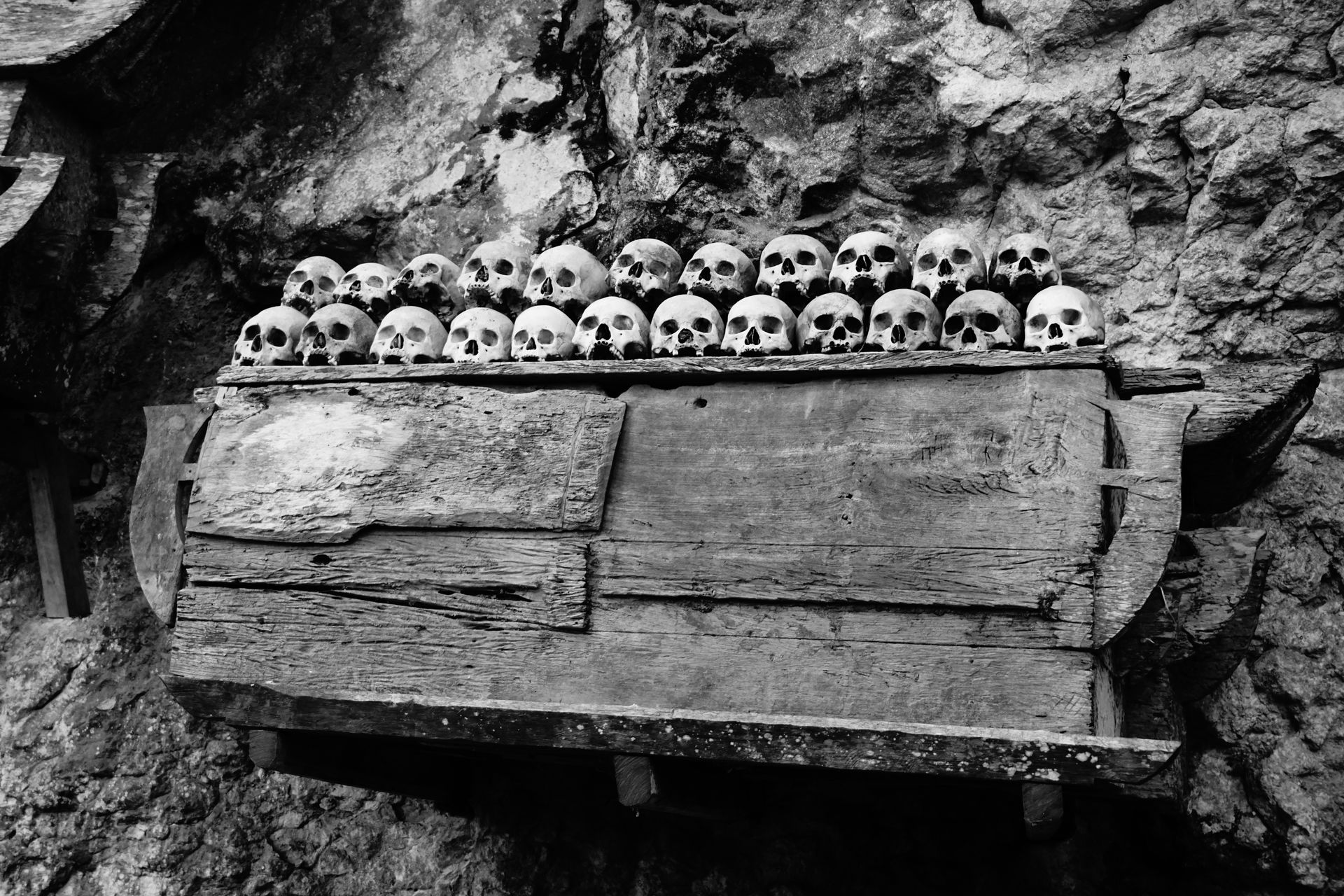
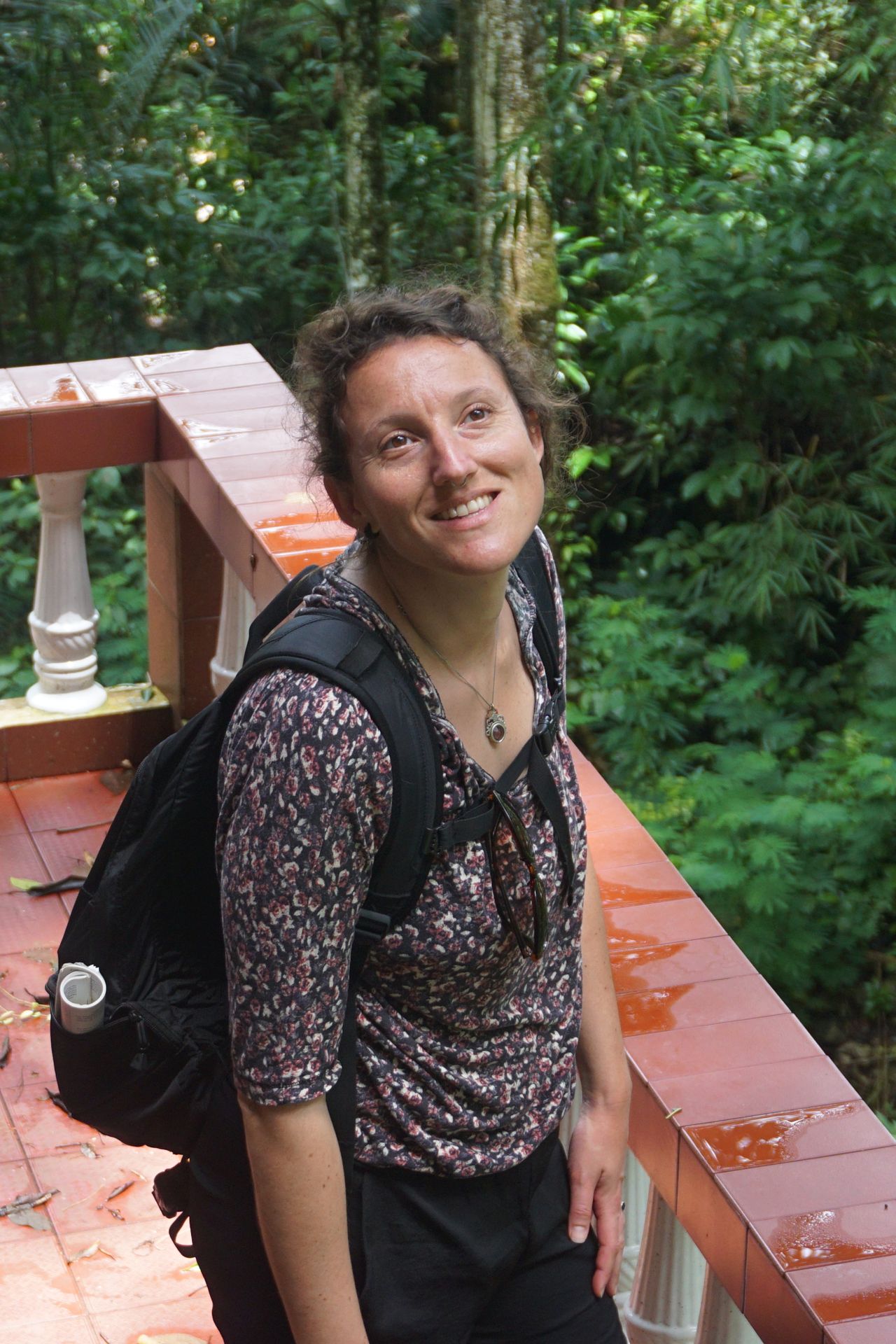

In pouring rain at Kaana Toraja Coffee, discussing coffee and life with Mathias was another highlight of these days. Unfortunately, Mathias and Julie felt momentarily abandoned by life when they eagerly went to Tori Café to pick up their pre-ordered coffee and found out that the shop was closed. Nasi Bungkus (takeaway) was the last supper in this impressive village. This culinary highlight was not just a unique spicy experience for one person, but twice ;) Furthermore, fruits such as Rambutan, Mangosteen, Snake fruit, and Passion fruit deserve mention, as they create a tropical flavor explosion.
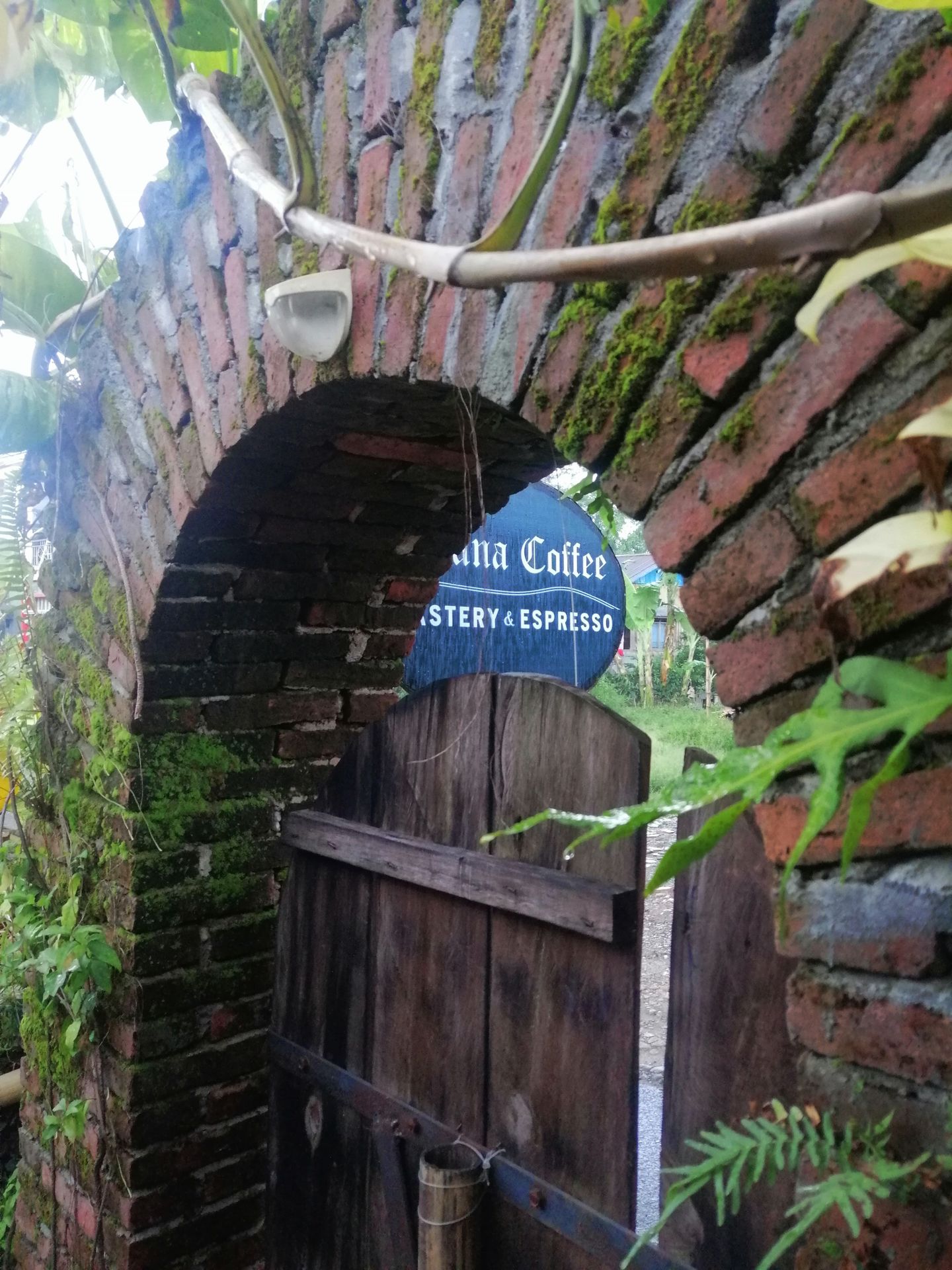
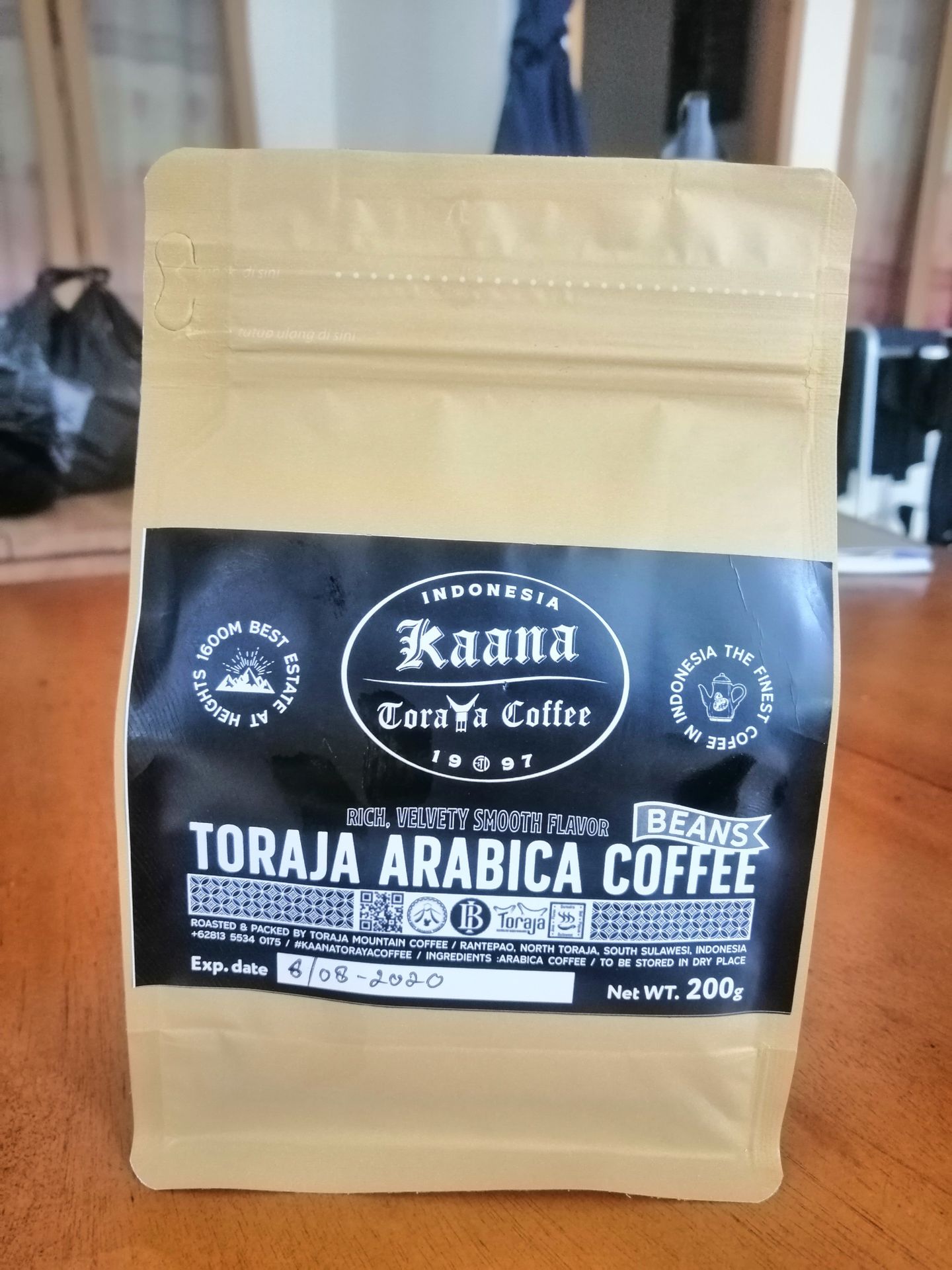
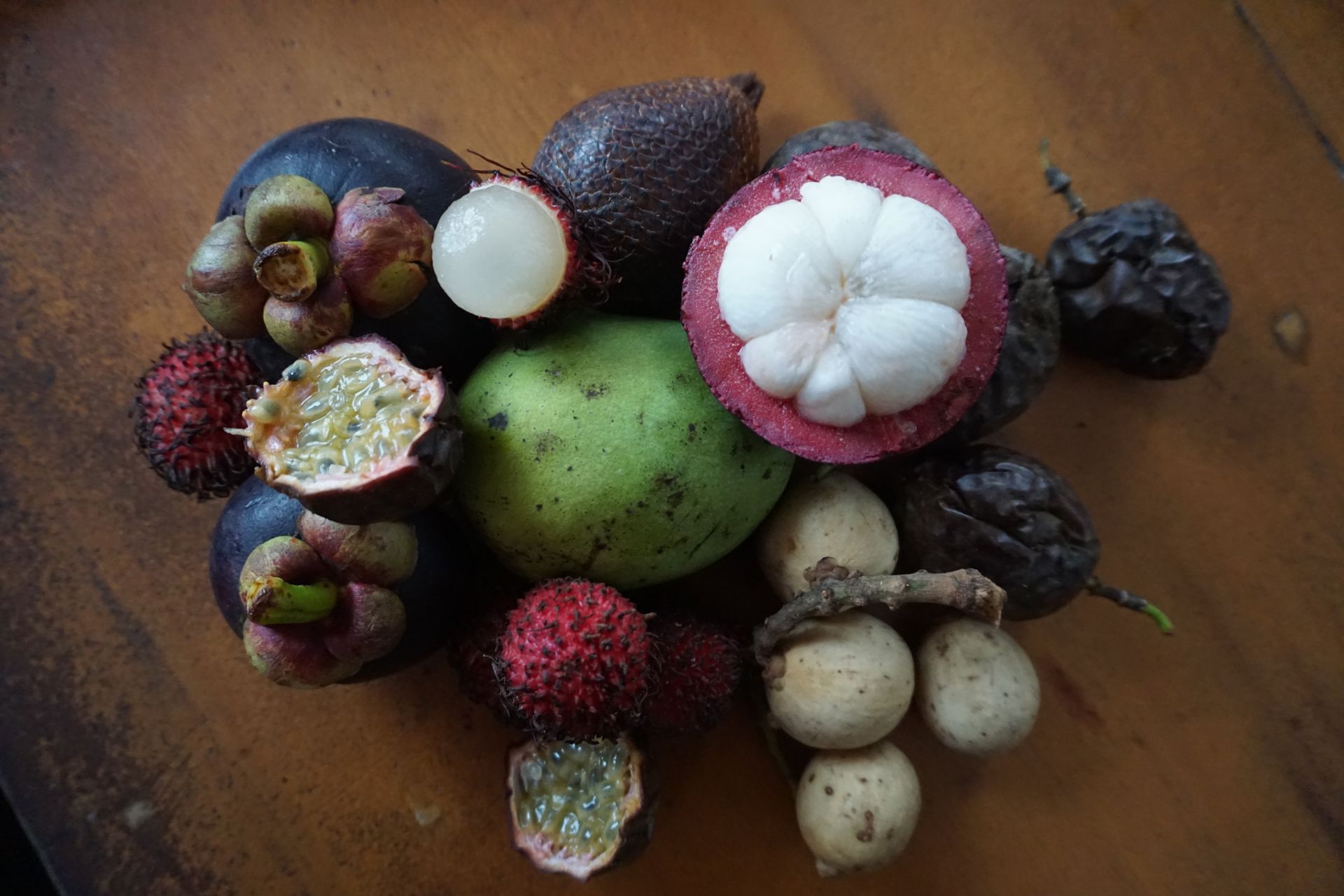
In general, Rantepao is definitely worth a visit. Traveling with Mathias, Lea, and Lisi, you can expect at least one highlight (culinary) every day. How wonderful it is to be on the road with people with whom you can particularly share your culinary passion. A daily highlight is sharing the coffee culture with Mathias. Thanks to him, I was able to participate in his coffee ritual in the morning and even received an introduction on how to prepare a pleasurable coffee. His dedication and enthusiasm for it are unique. Next stop: Tentena.
समाचार पत्रिका के लिए सदस्यता लें
उत्तर
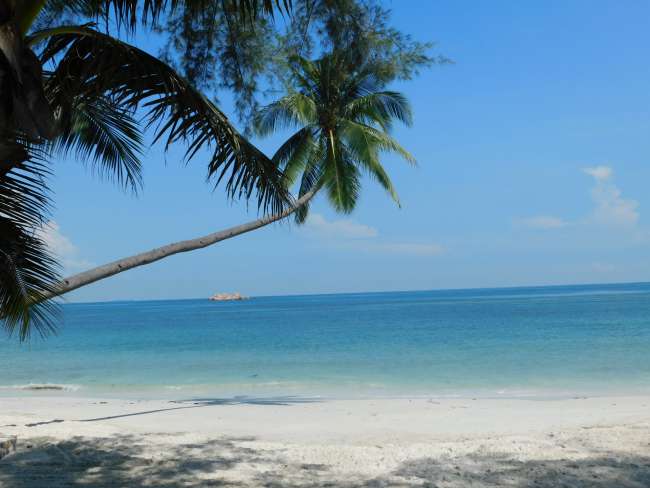
यात्रा रिपोर्ट इंडोनेशिया
